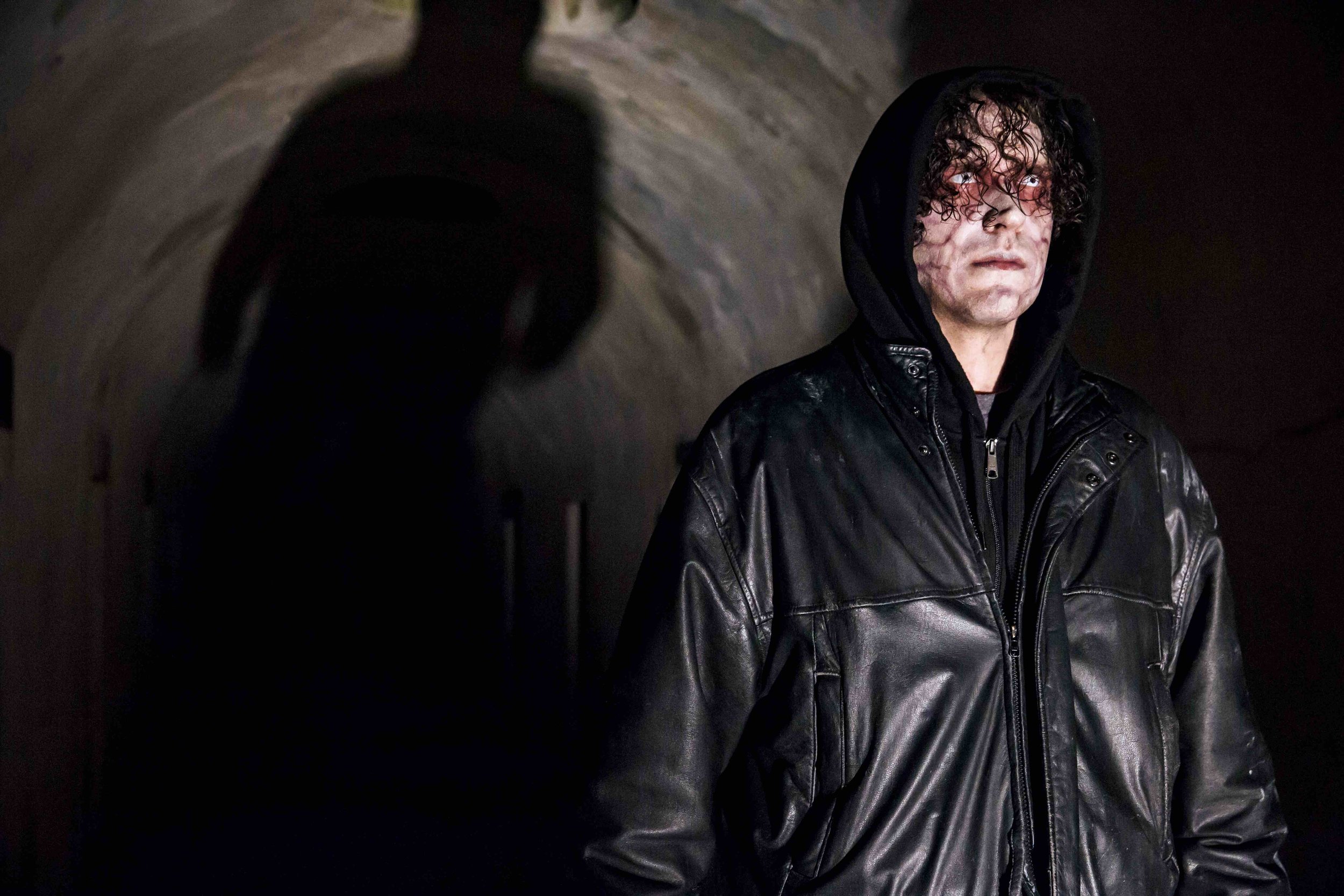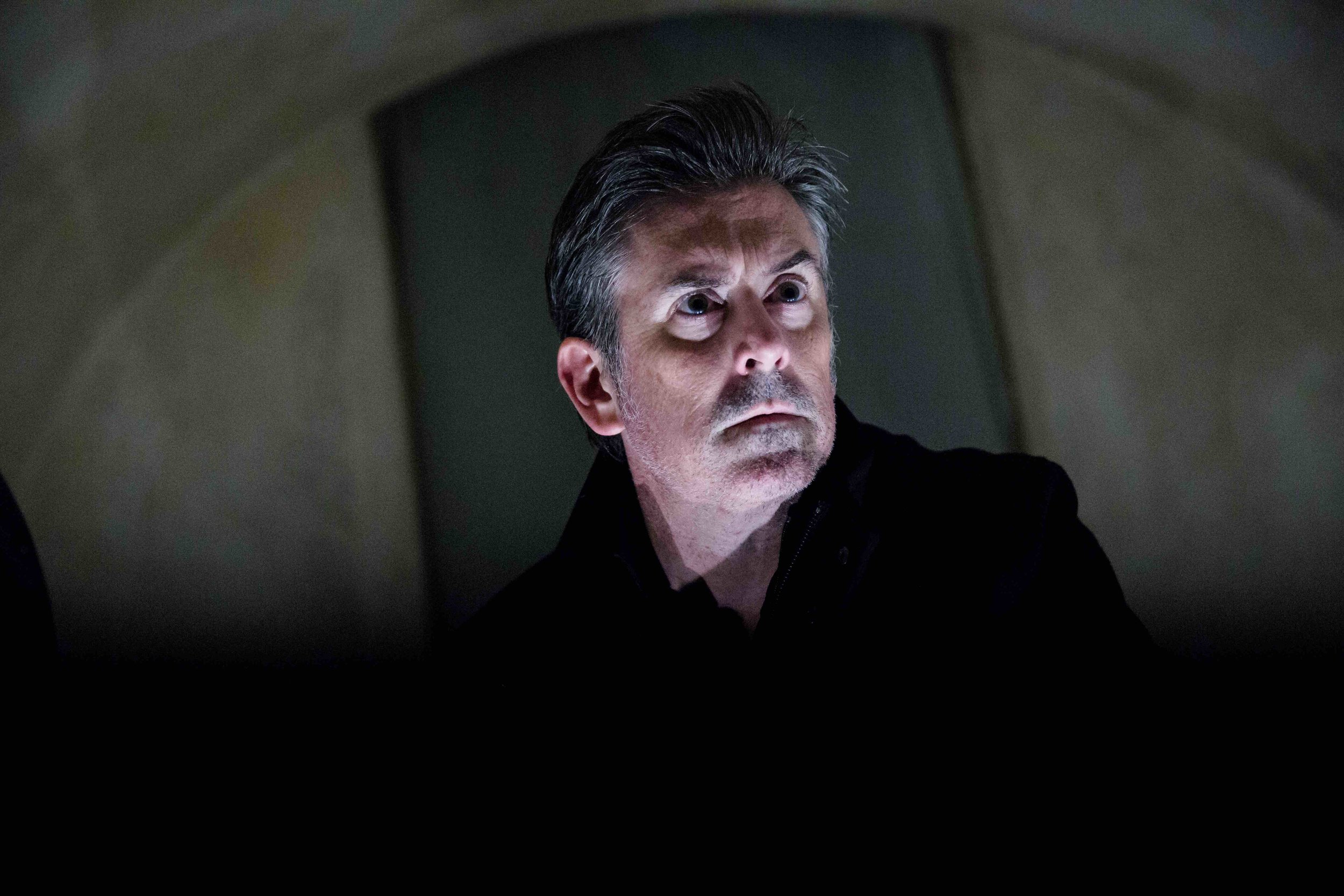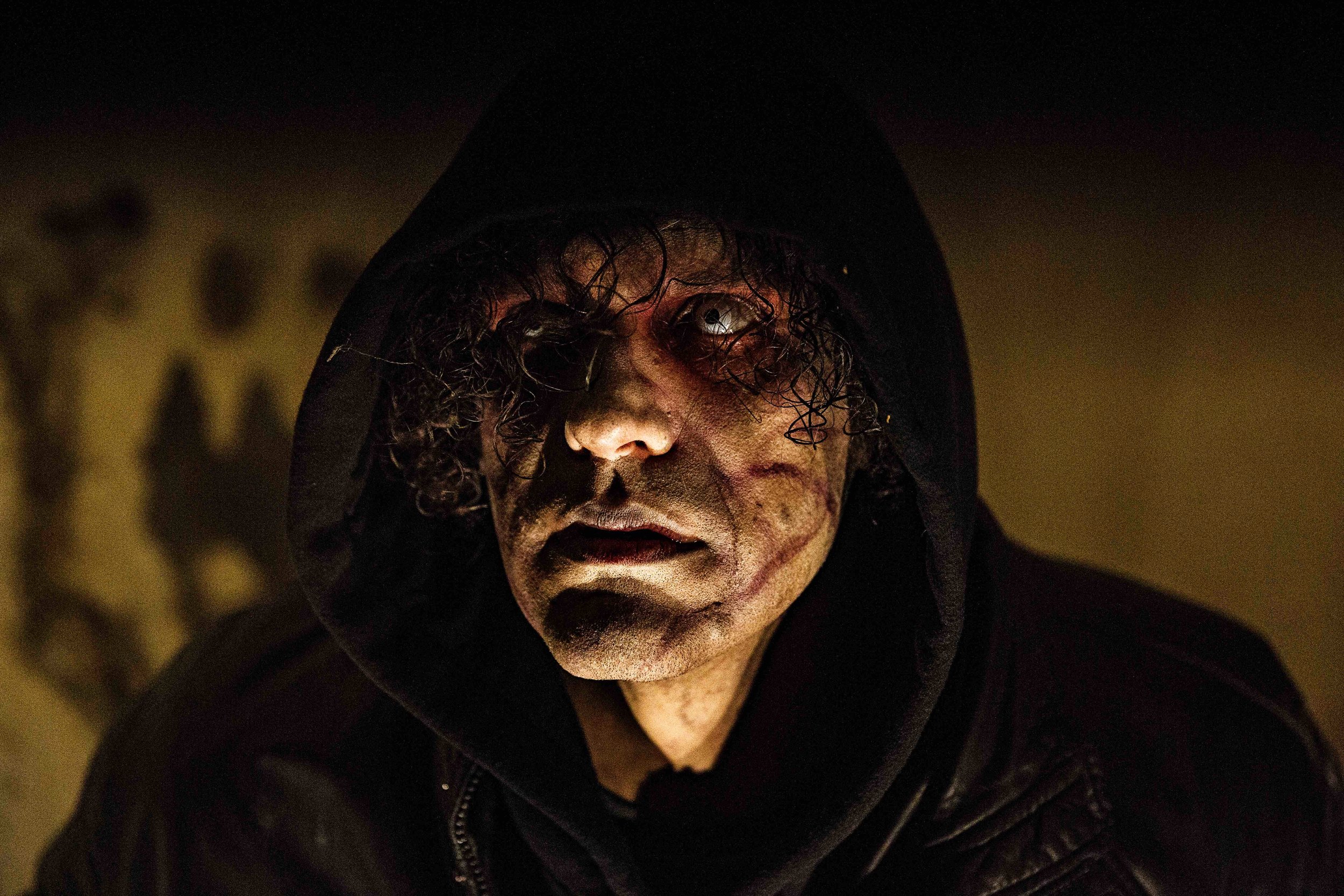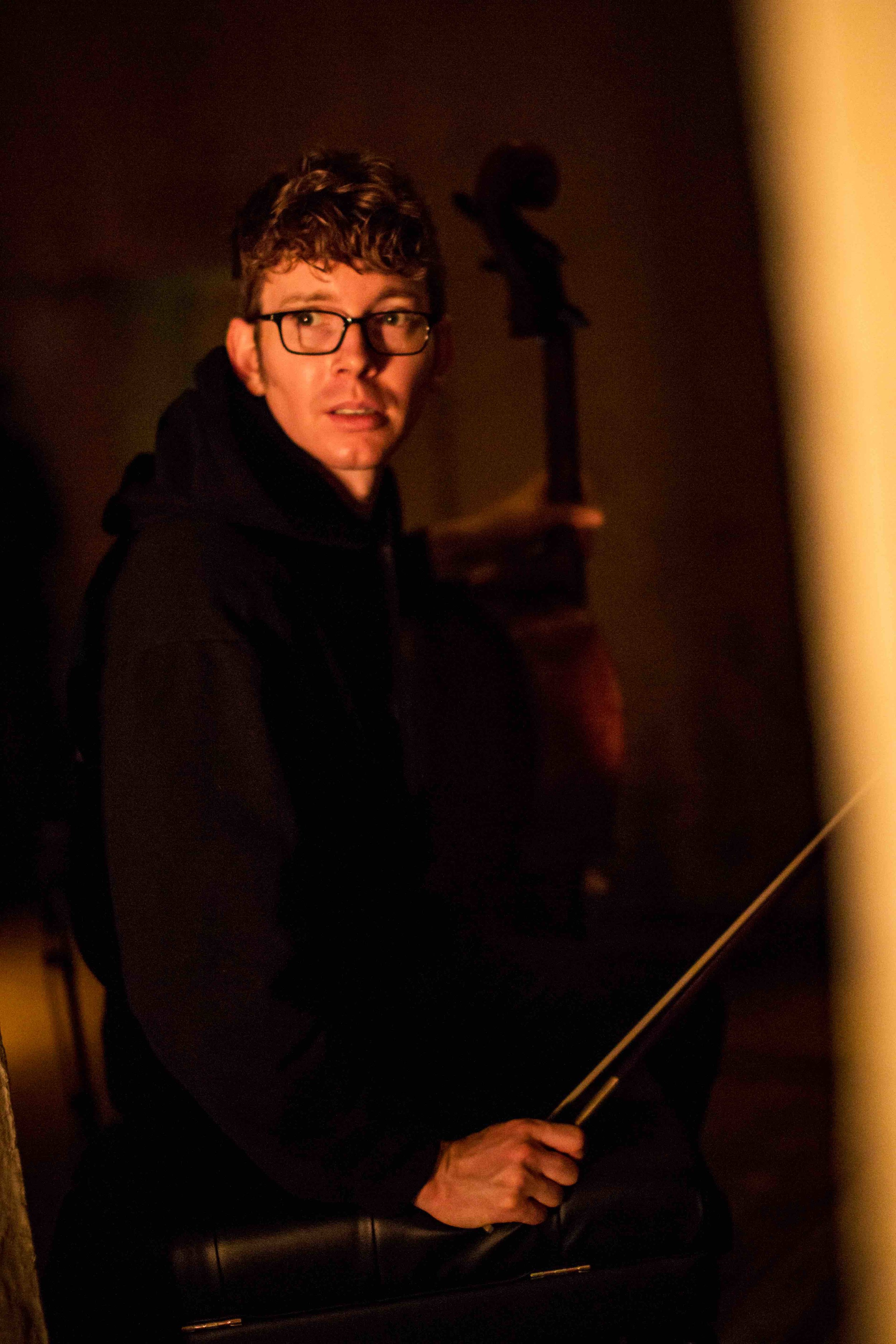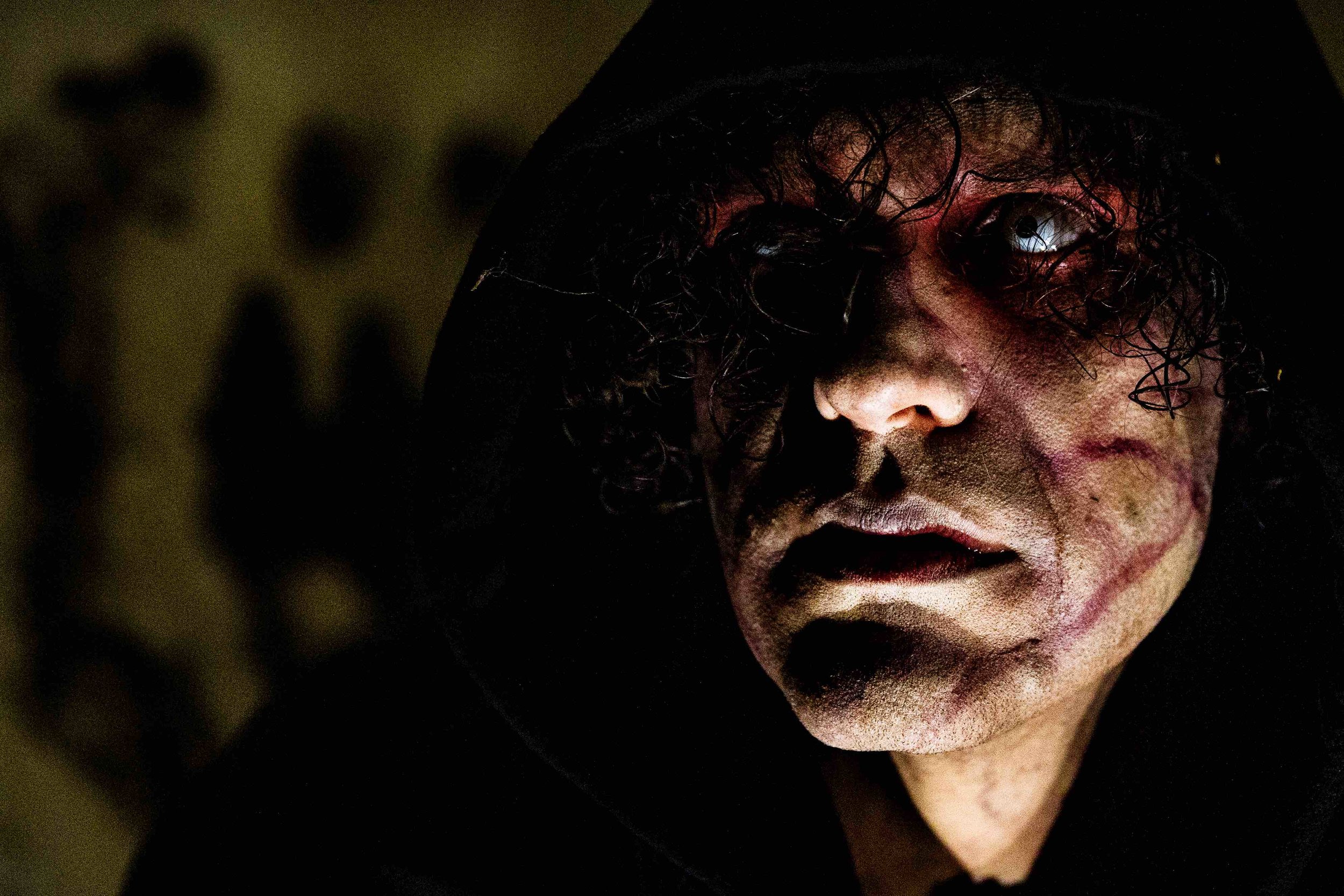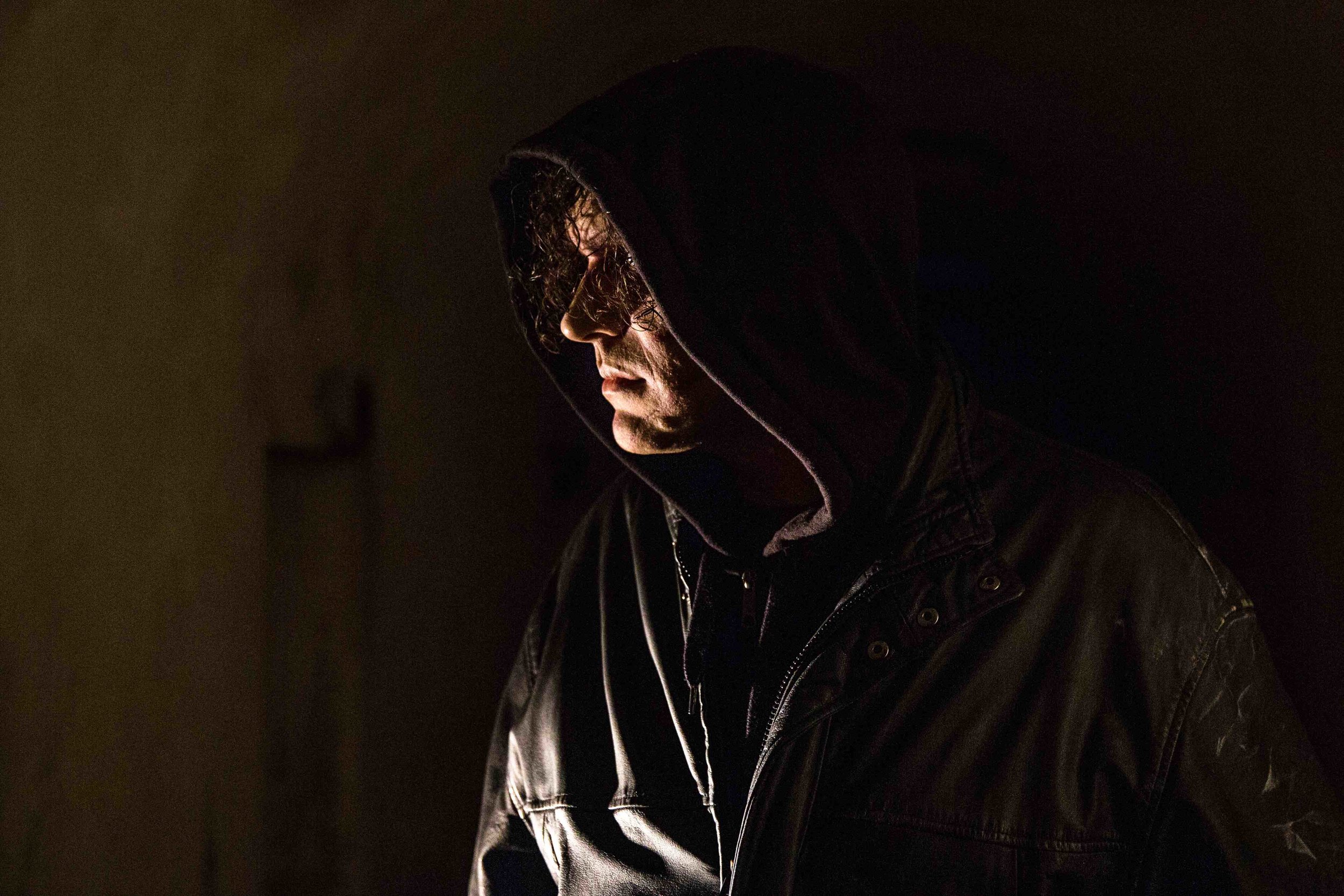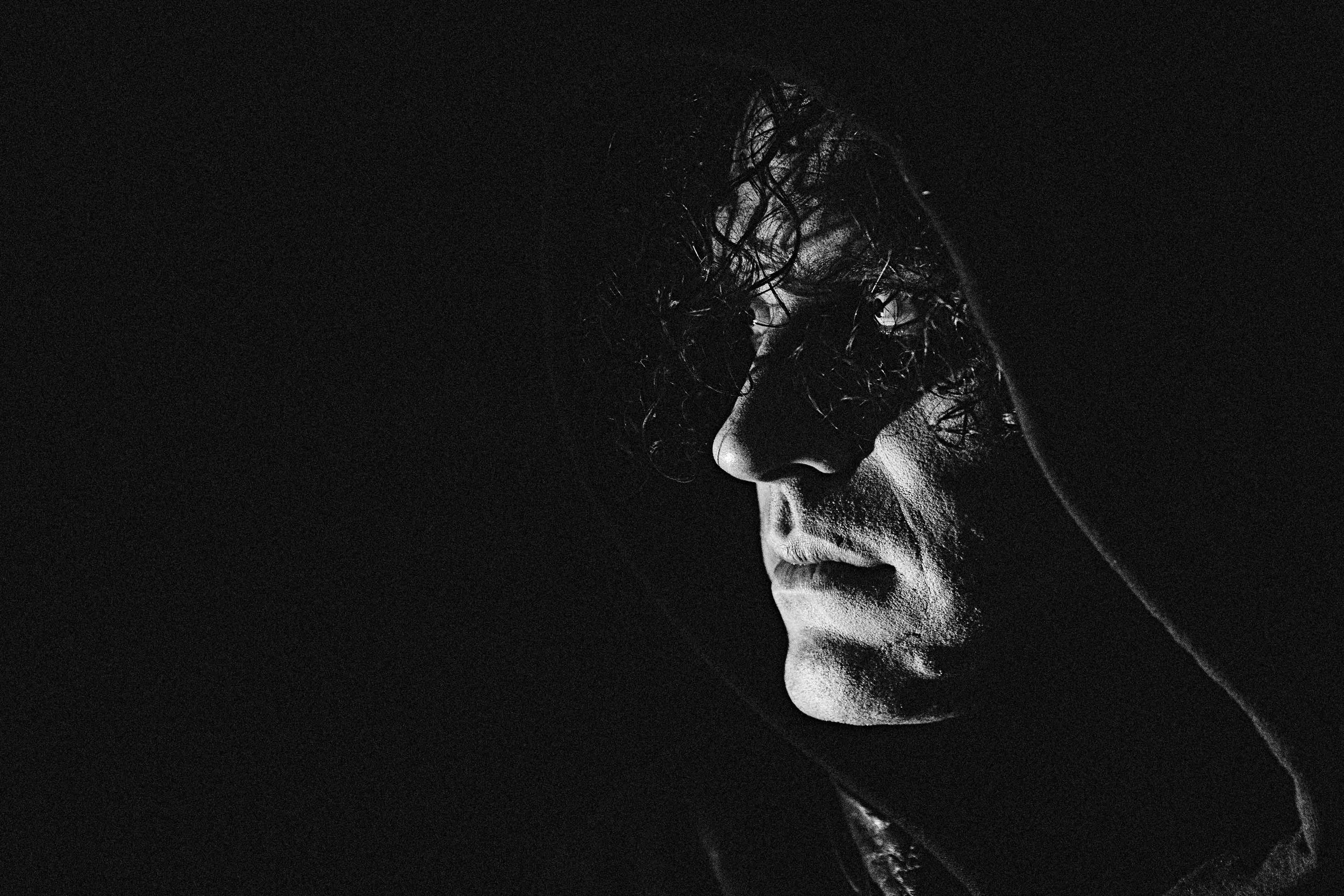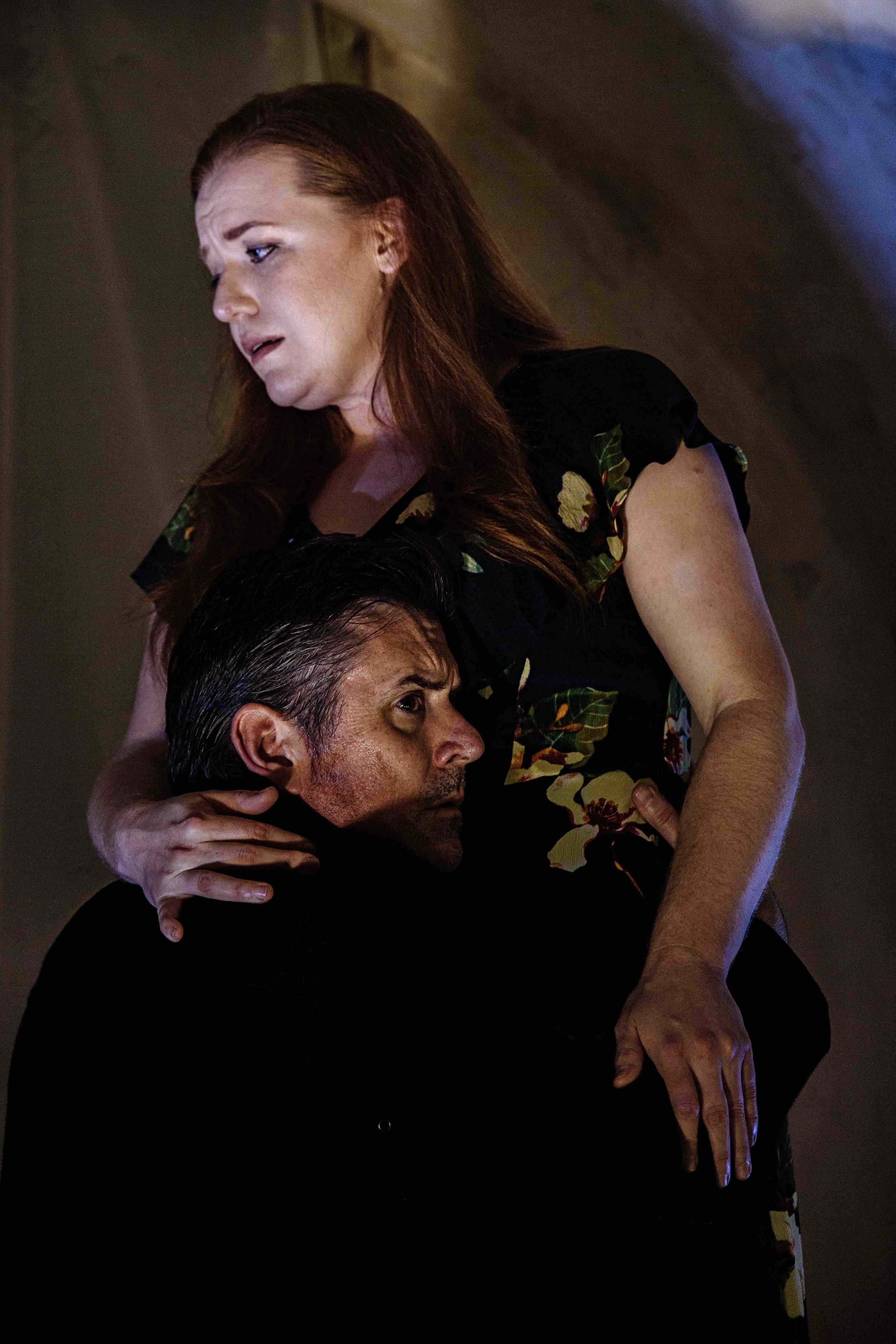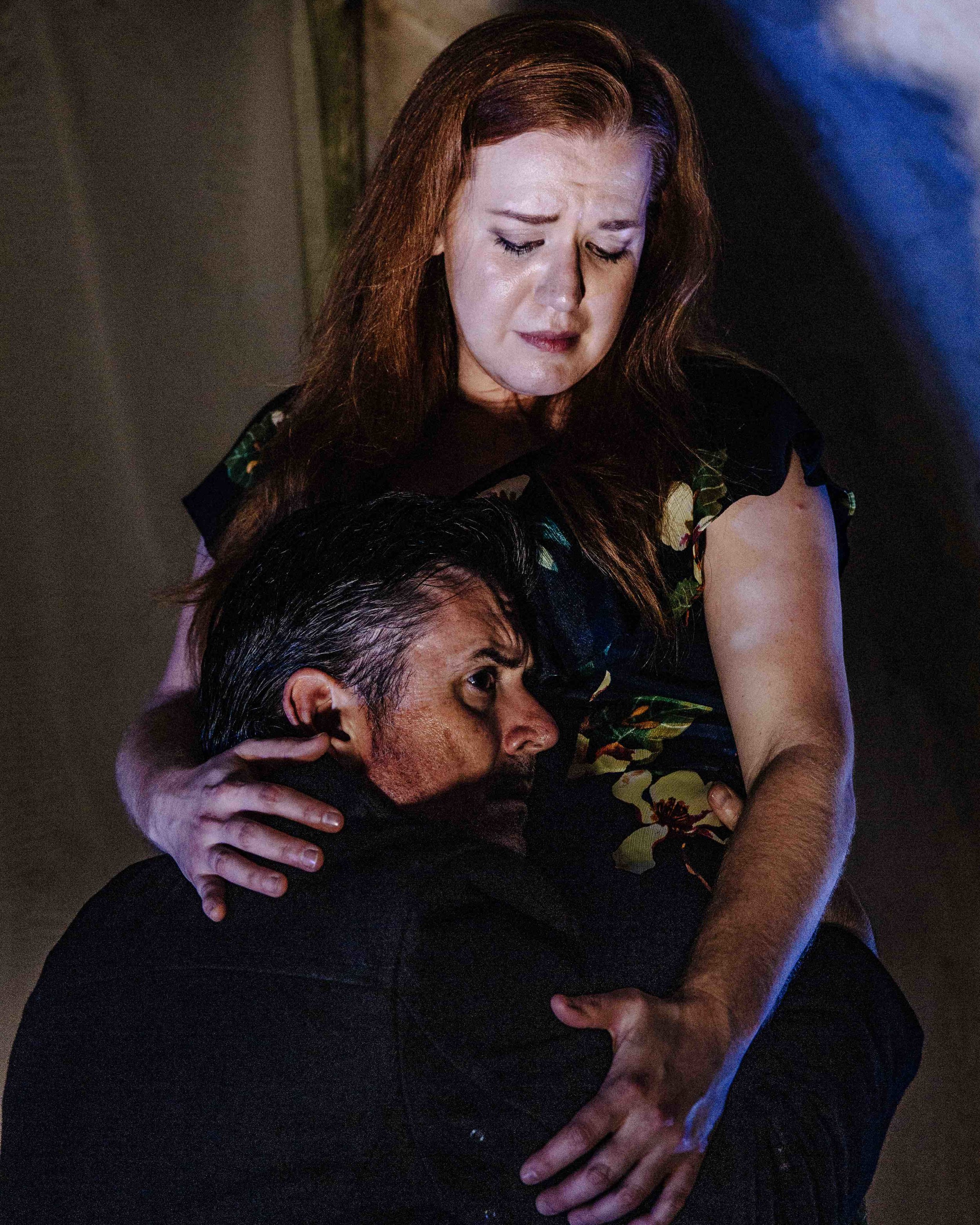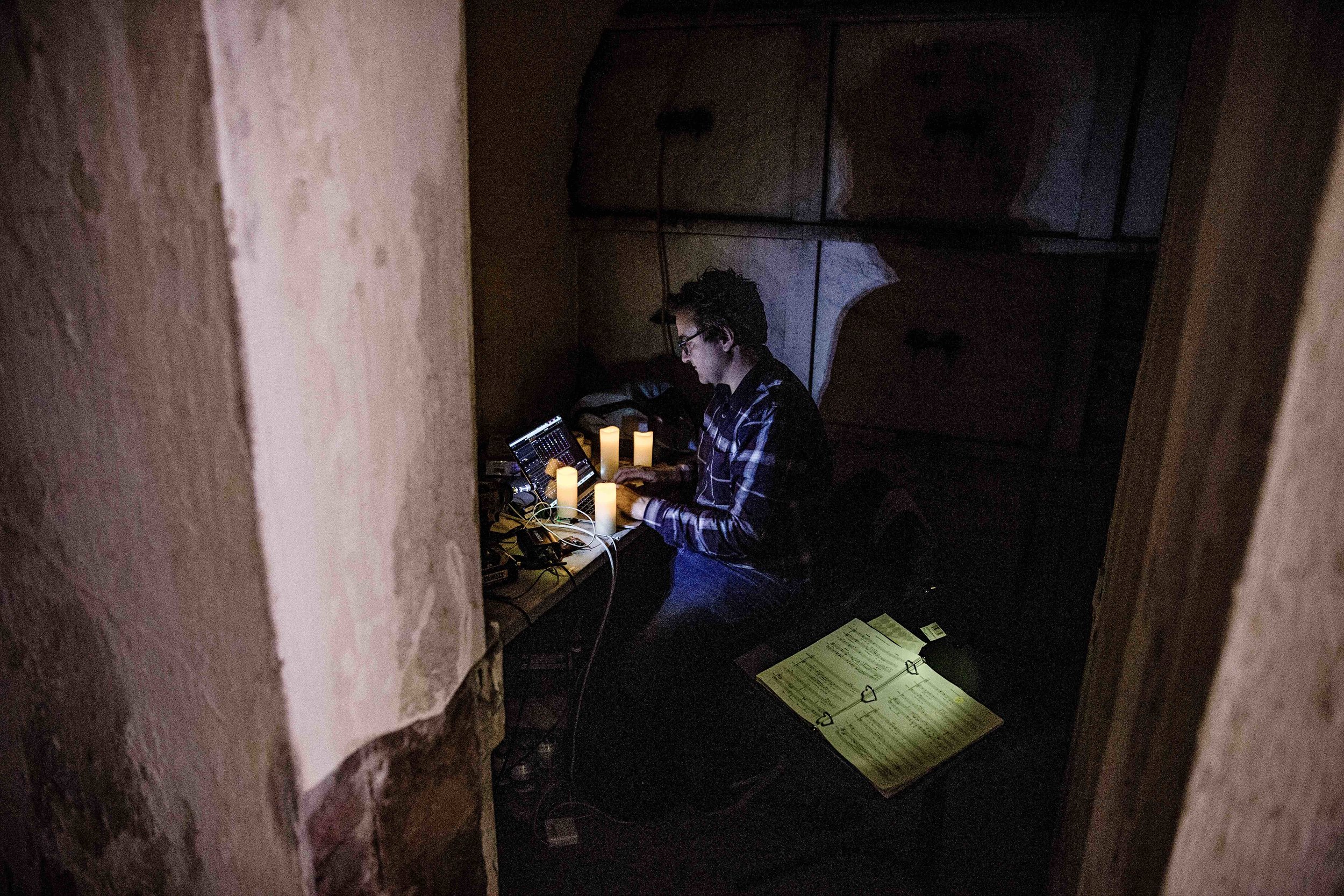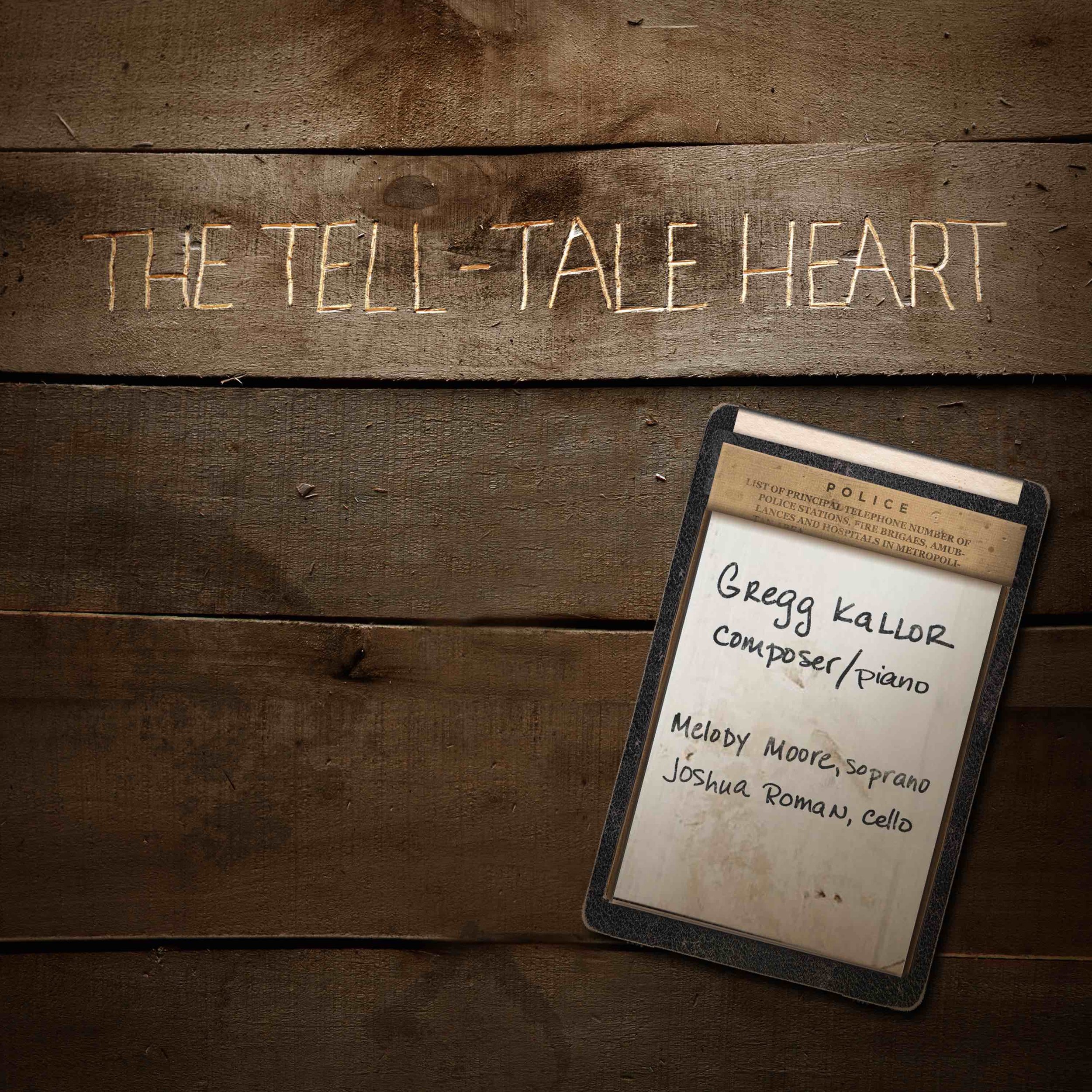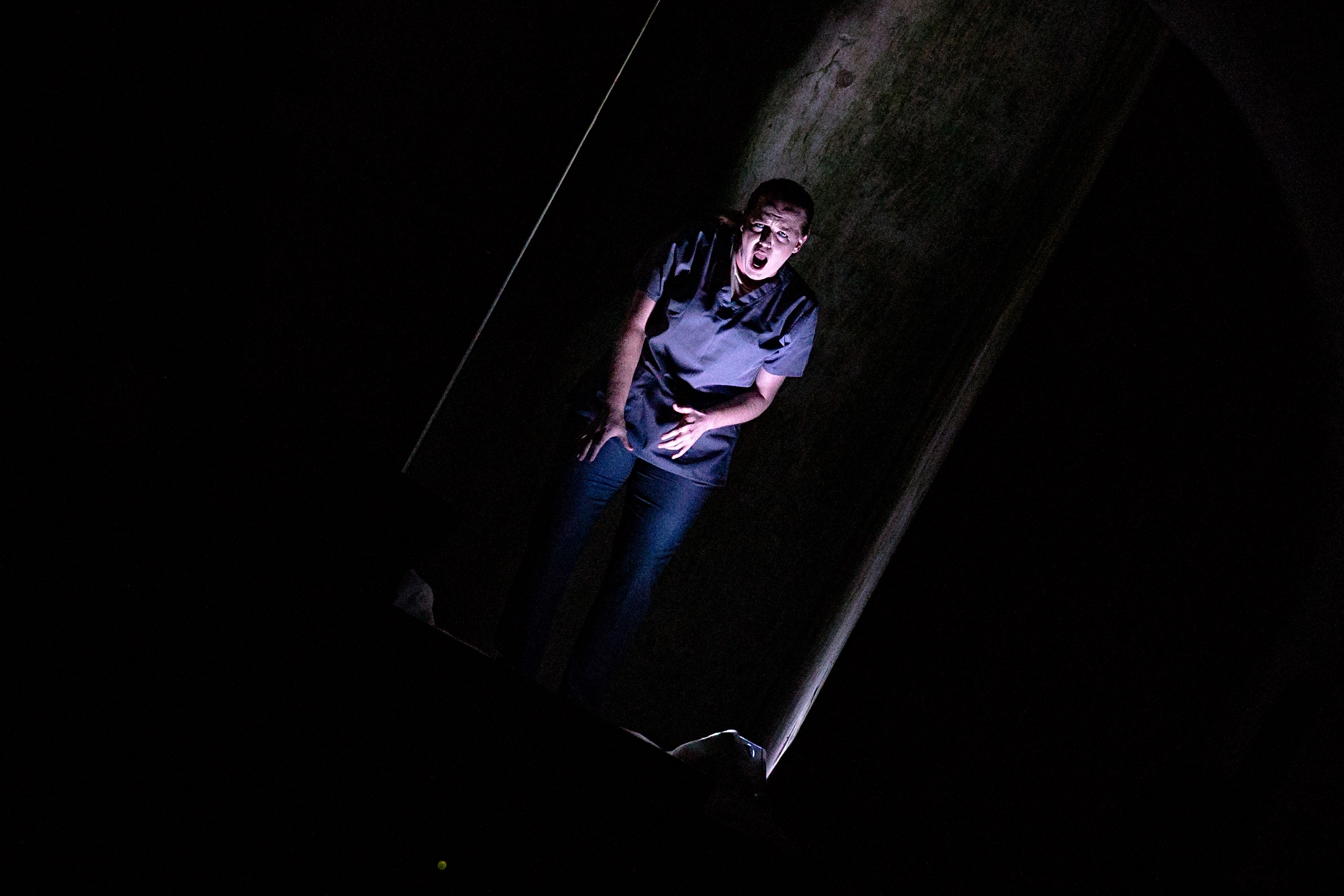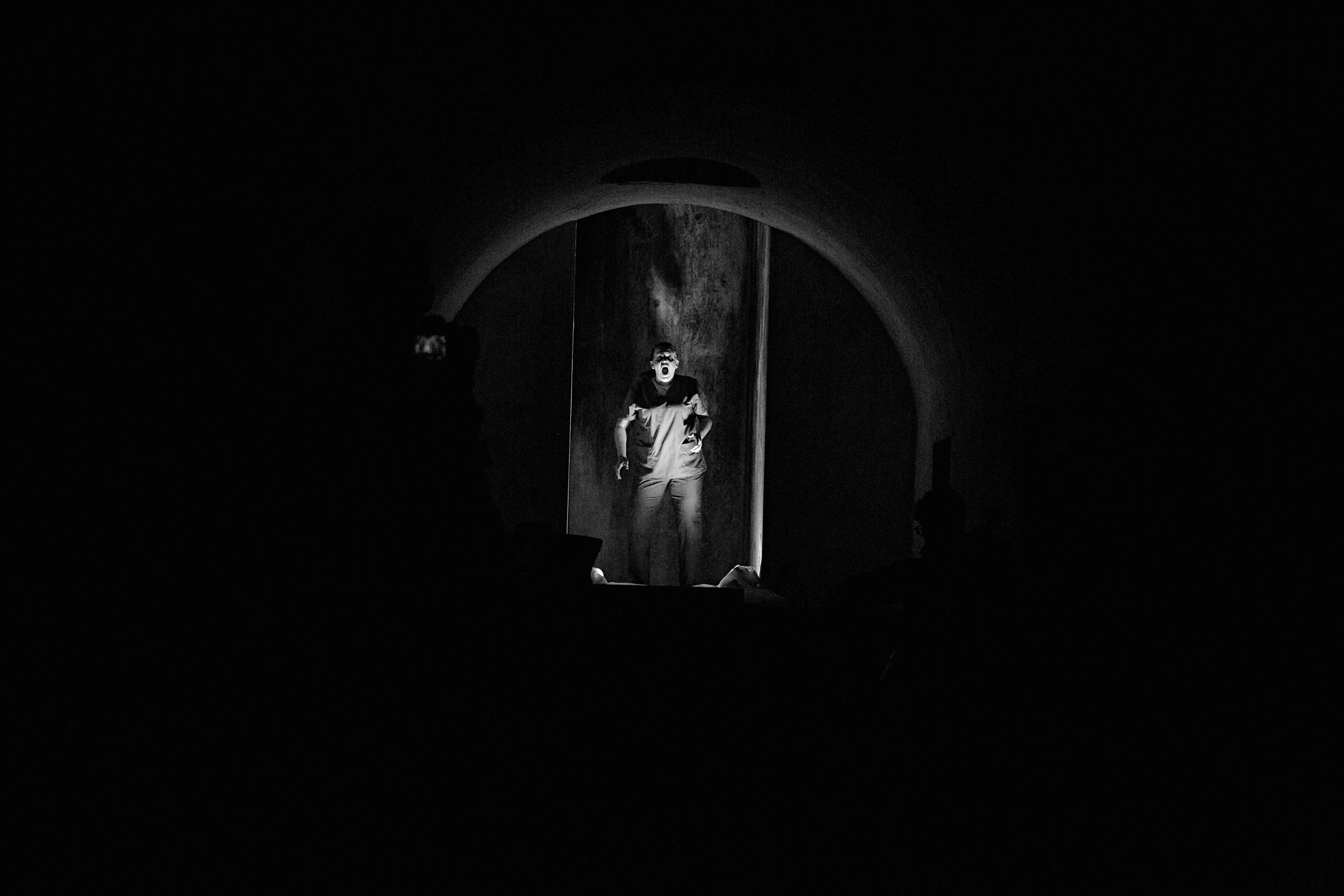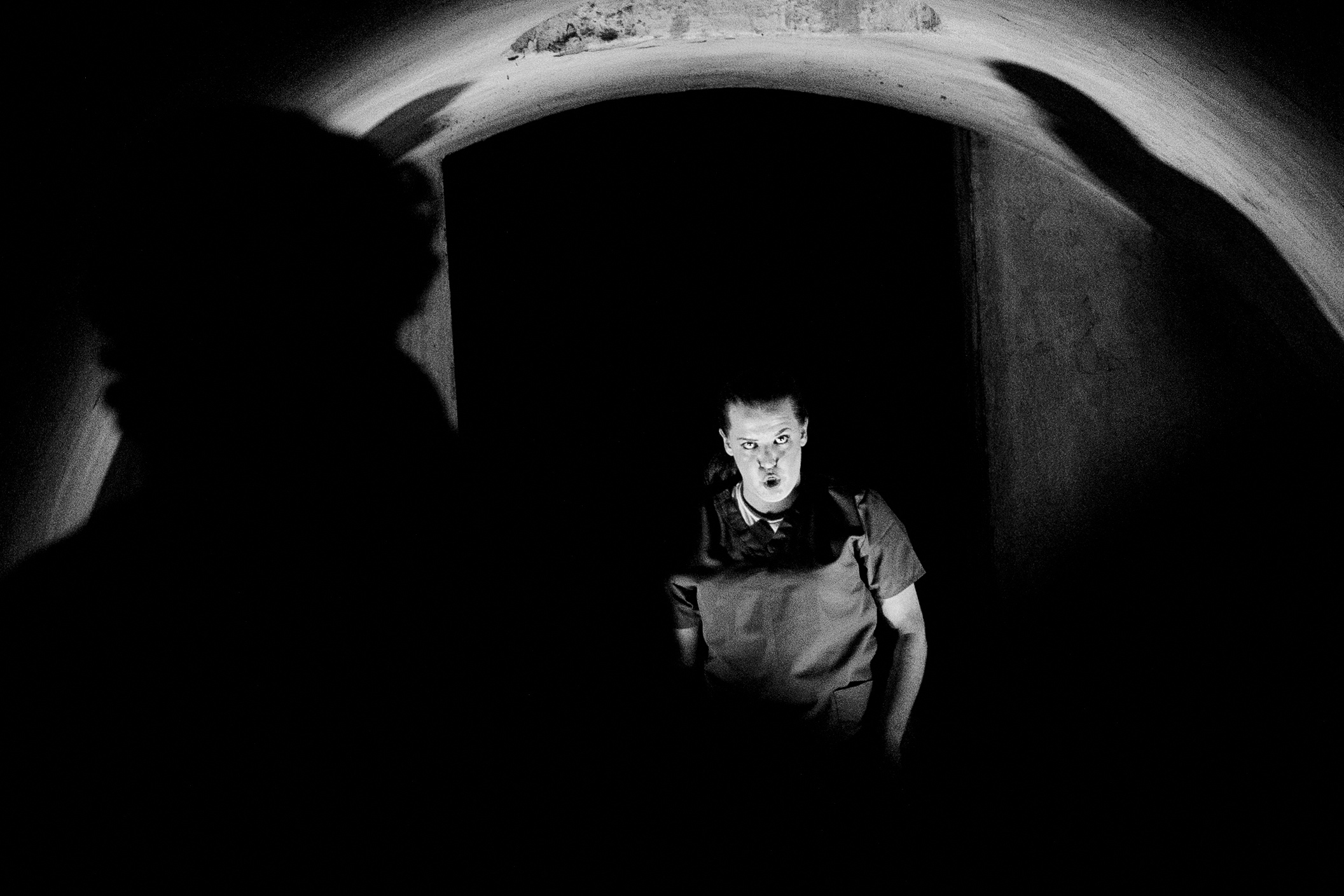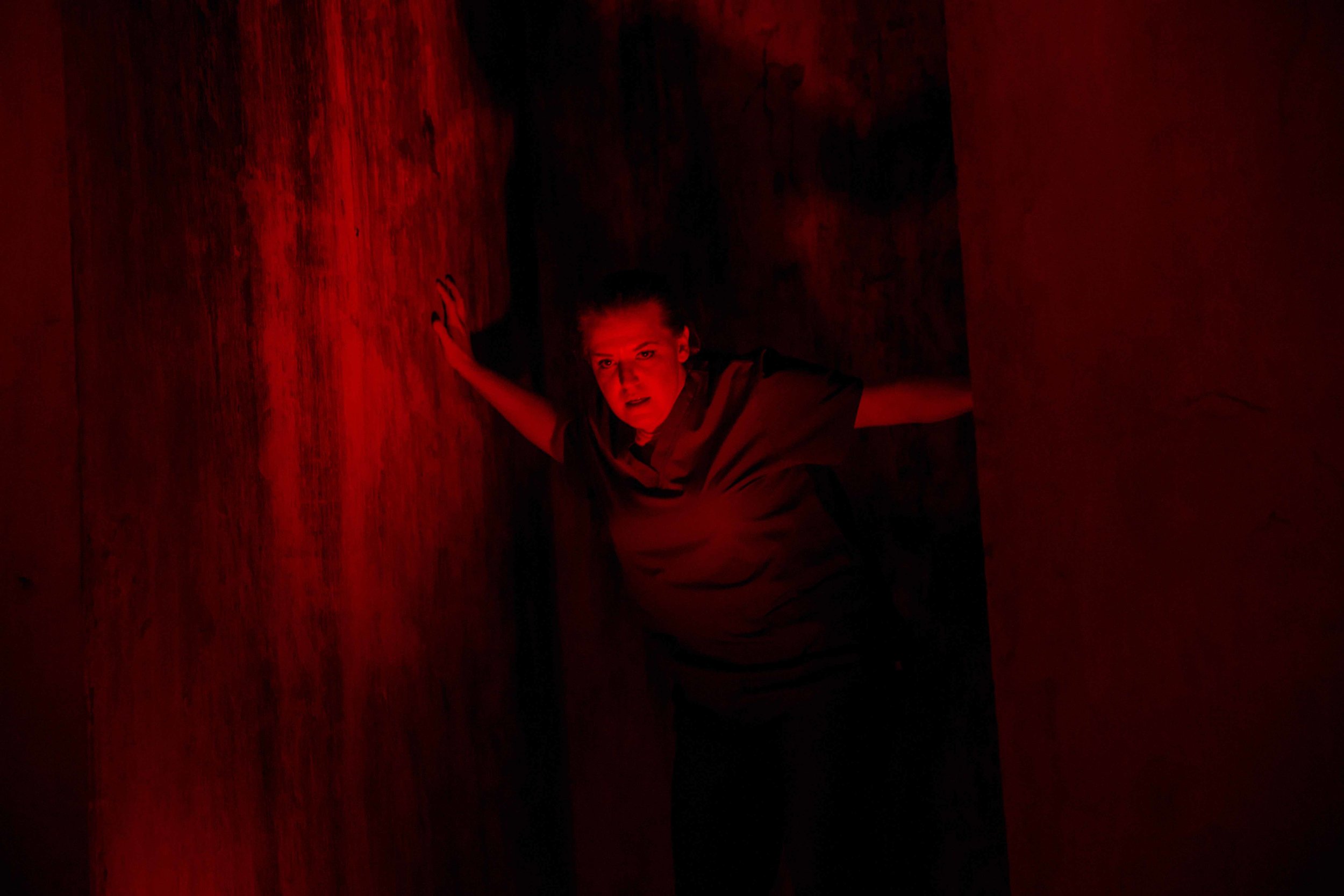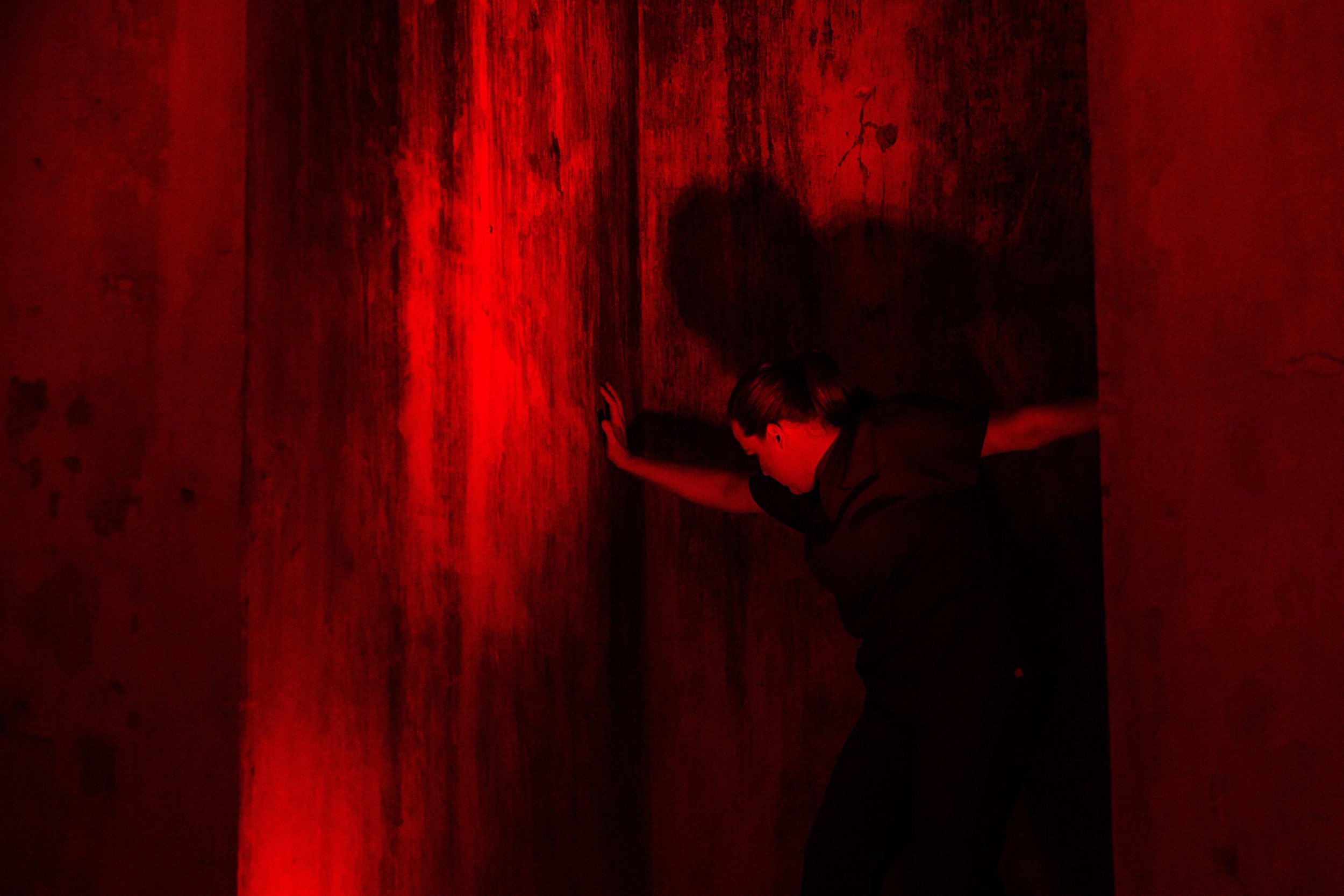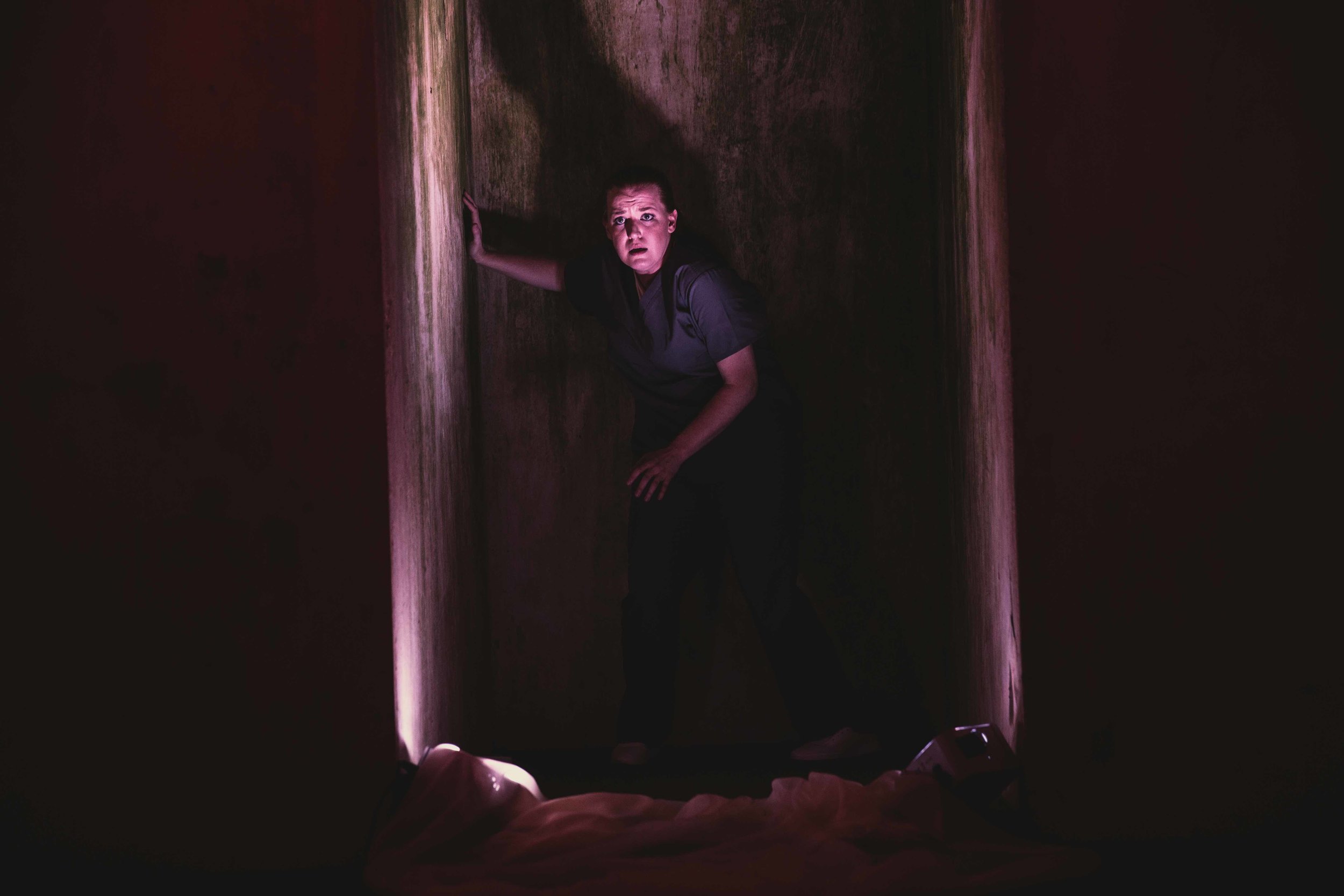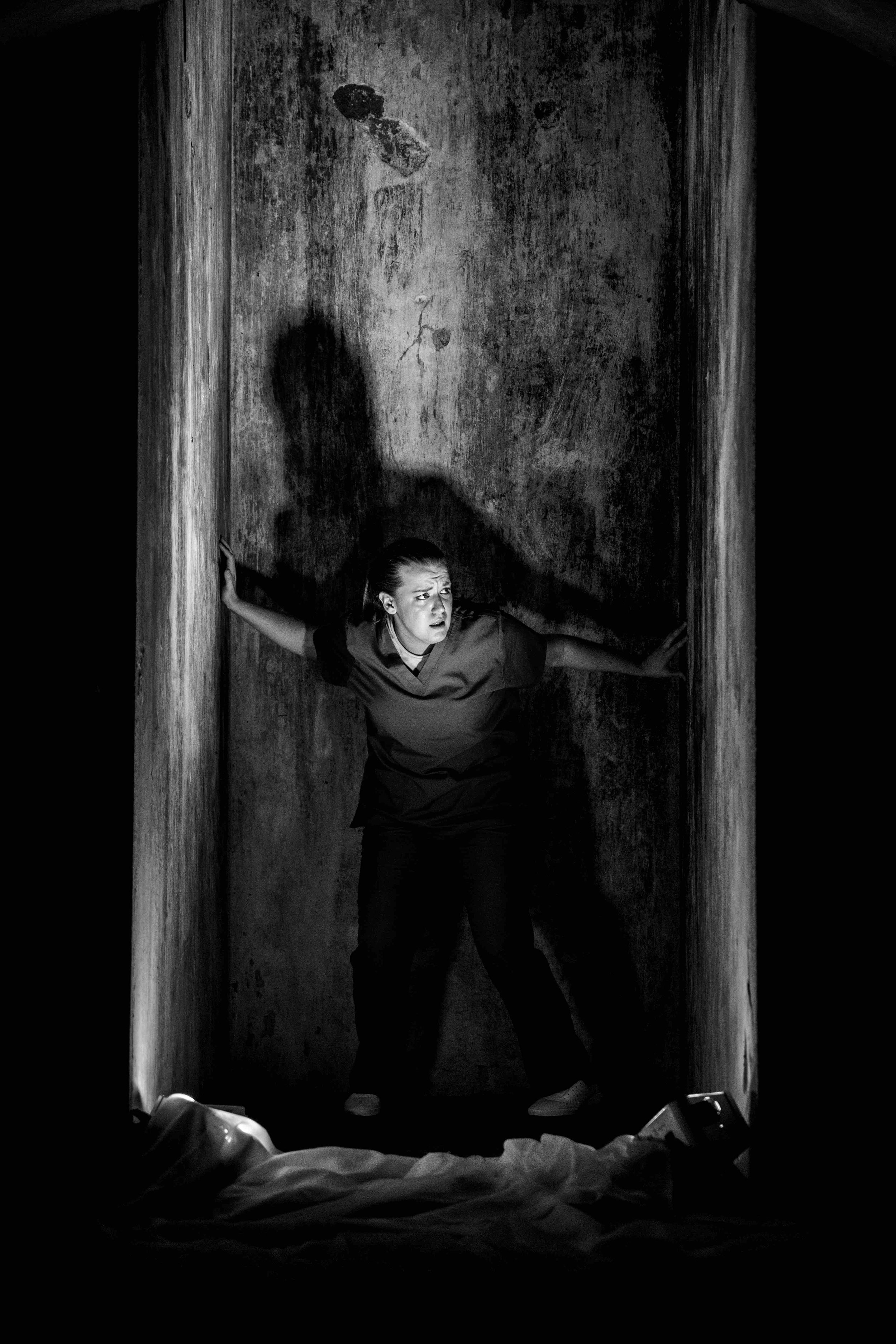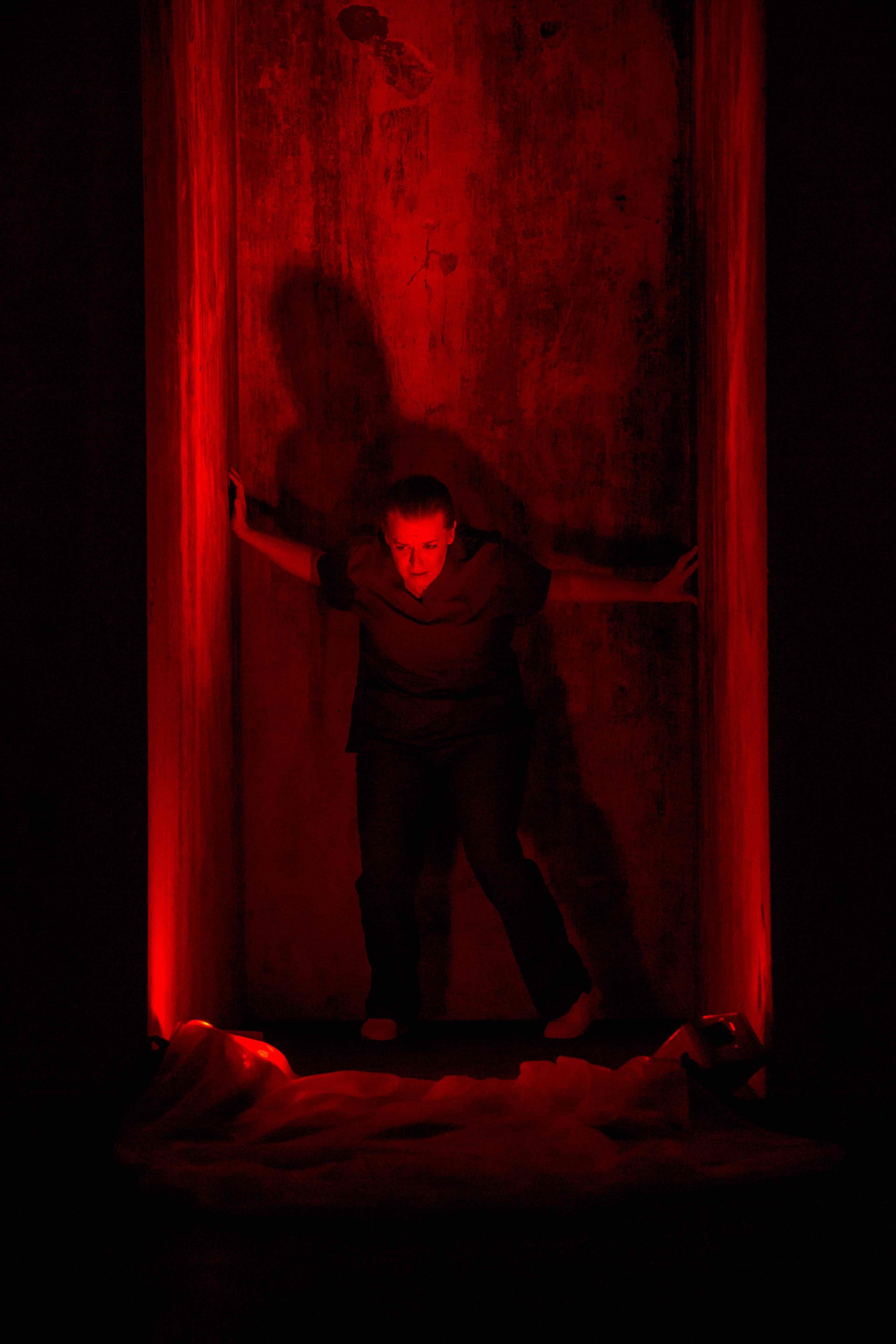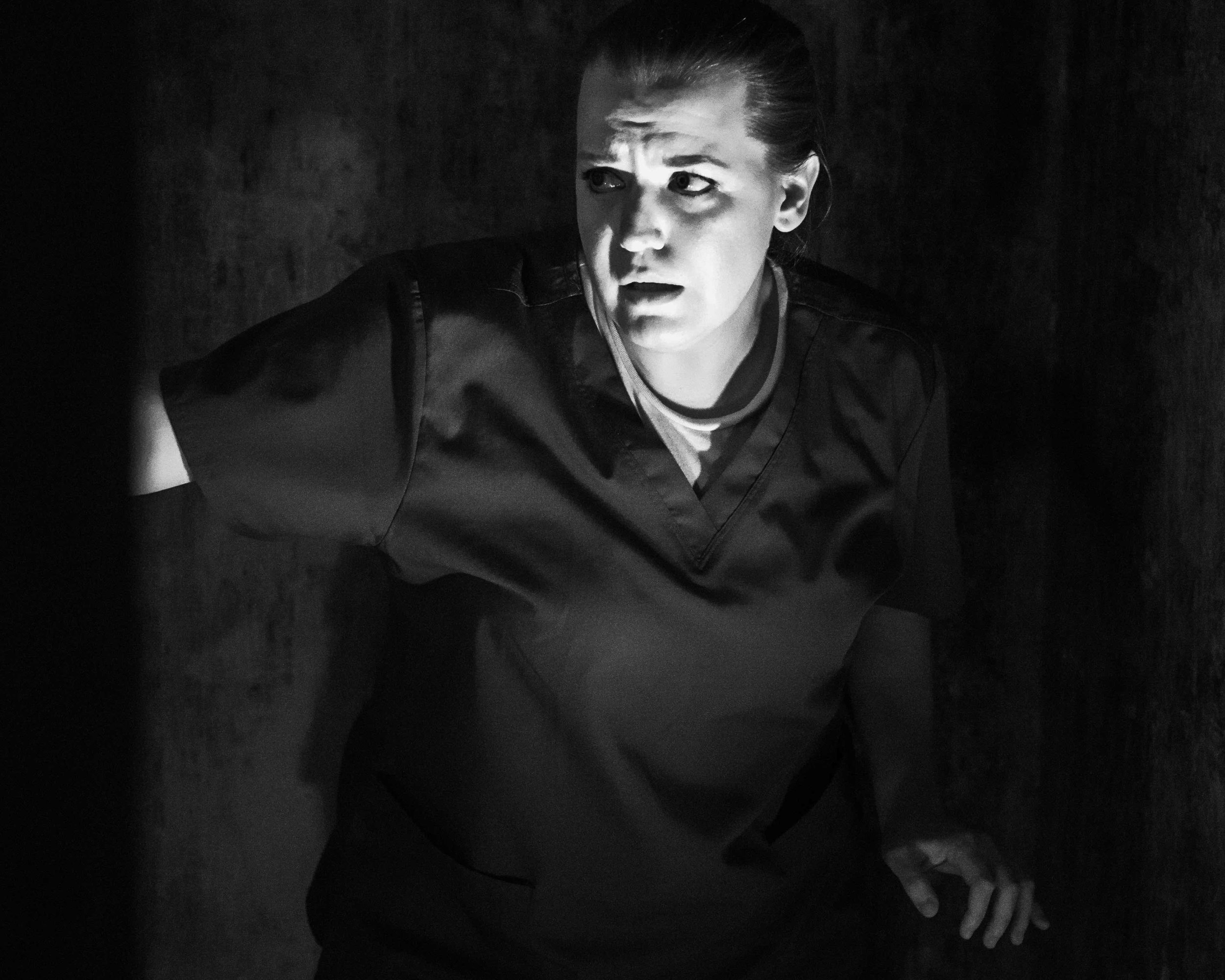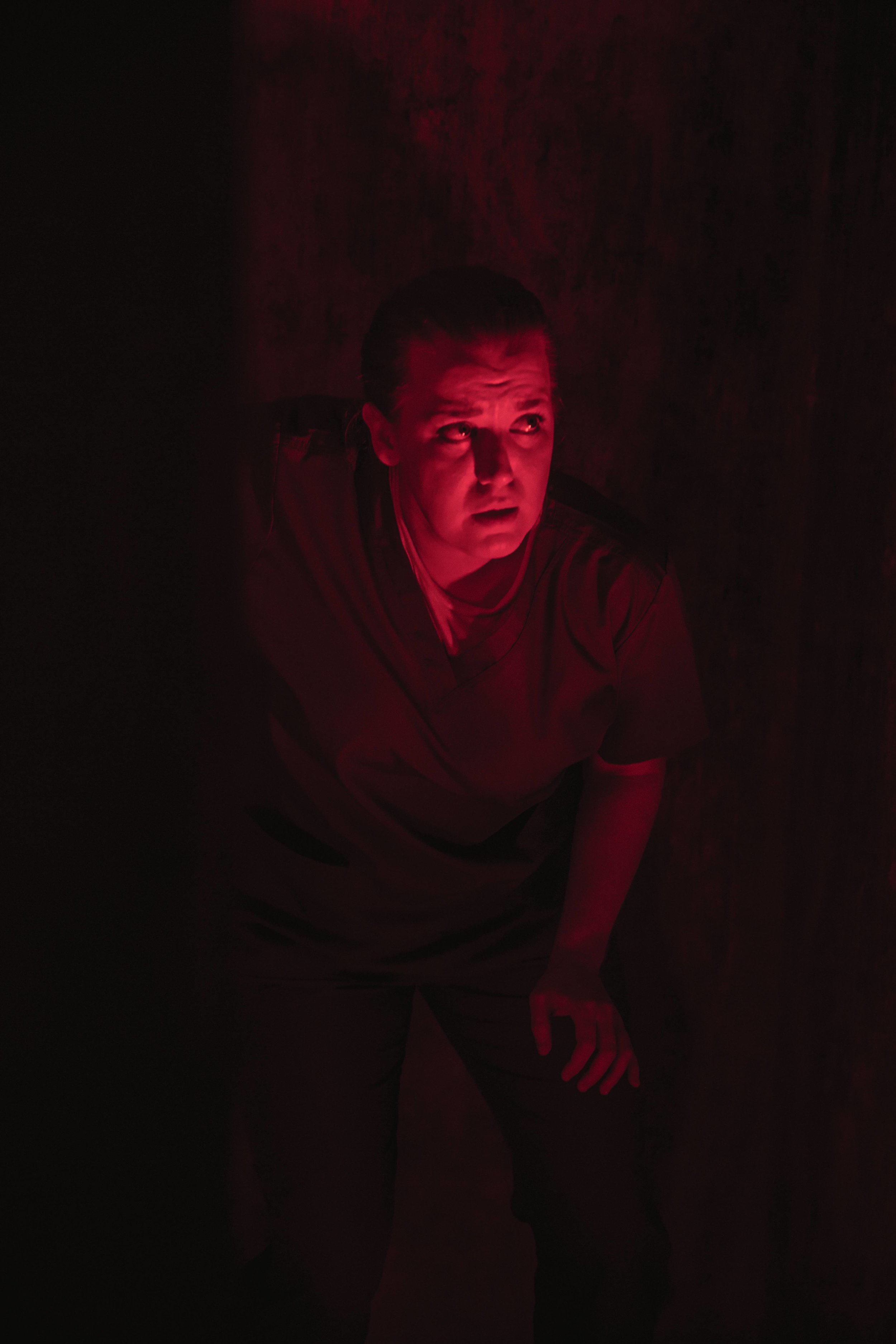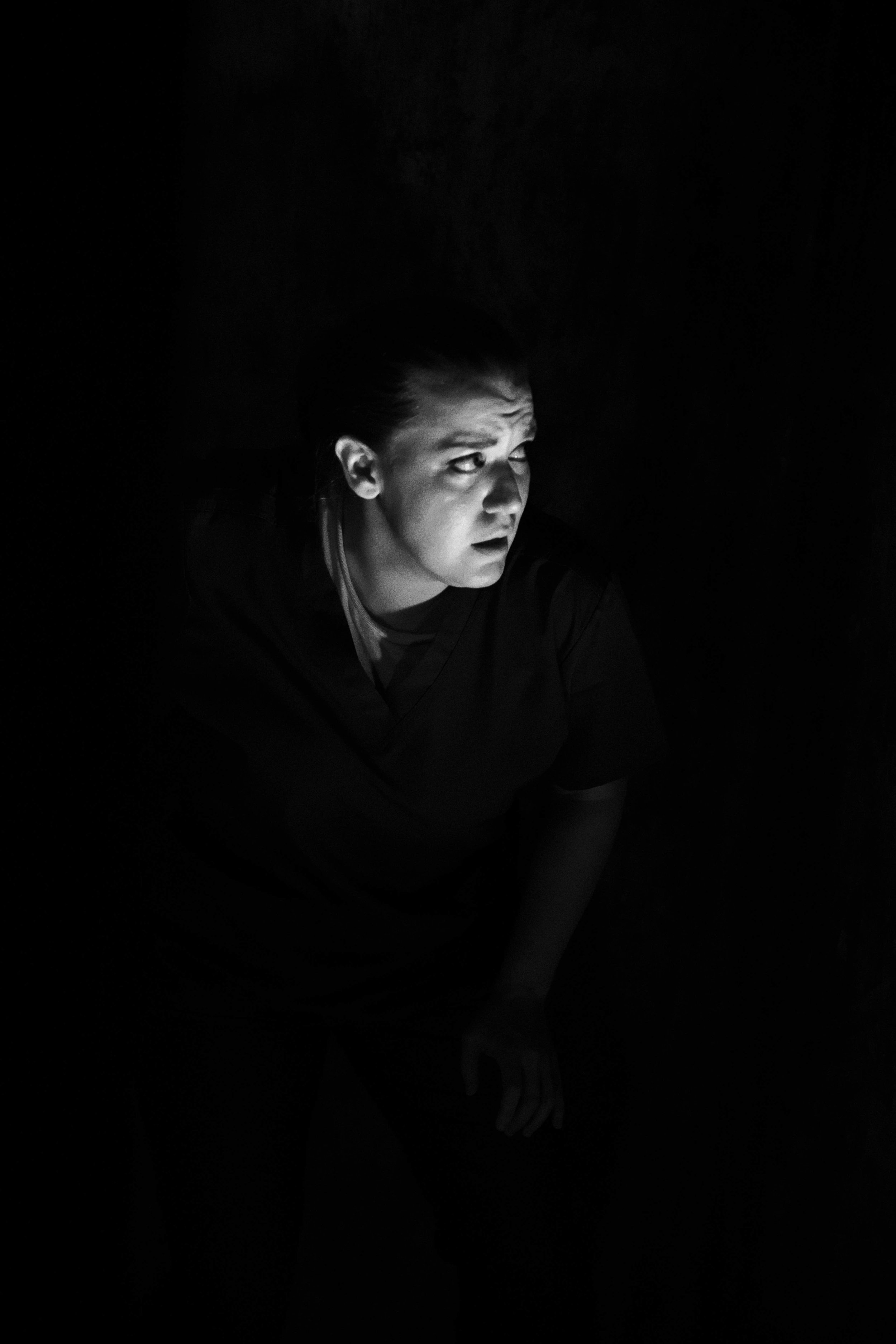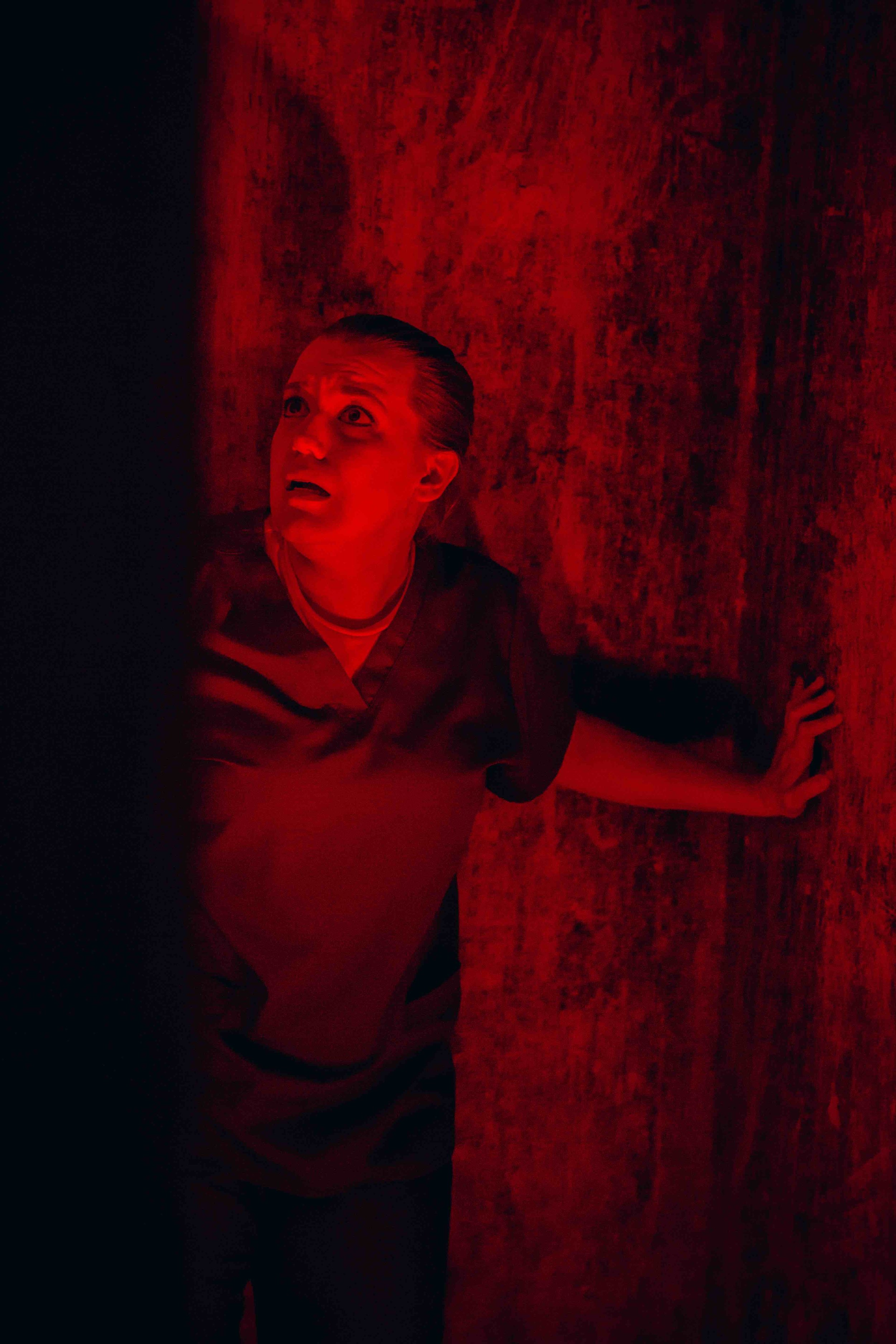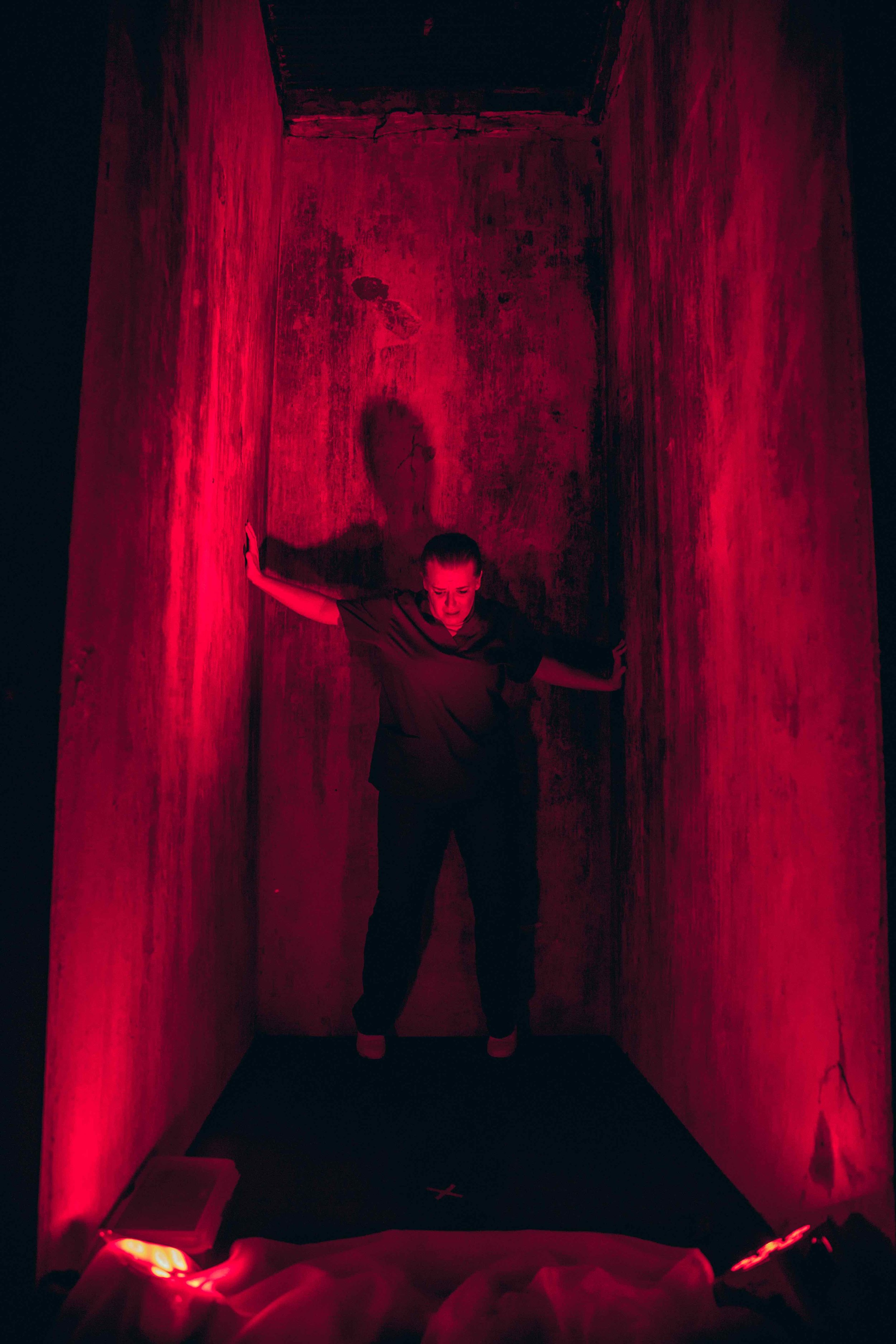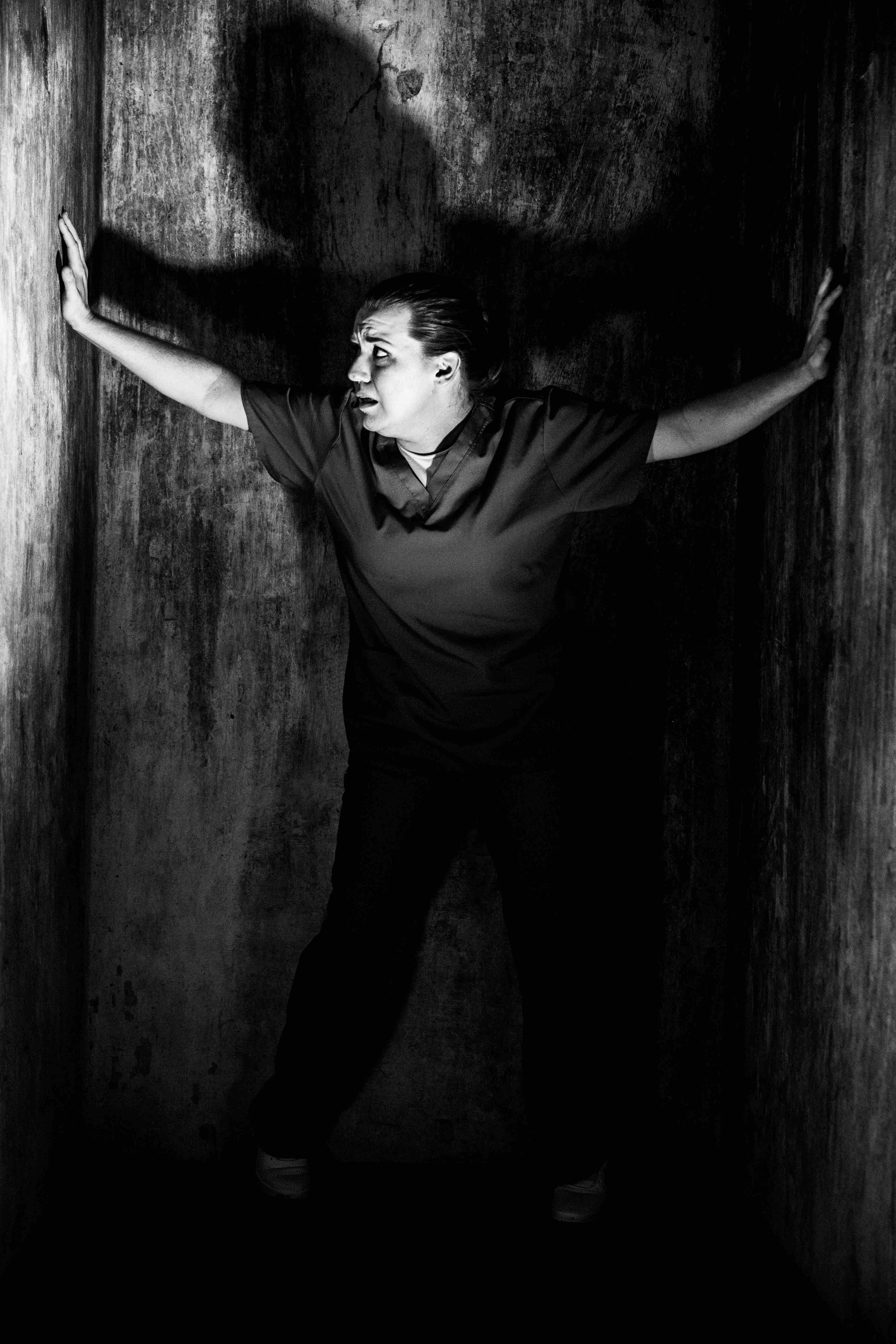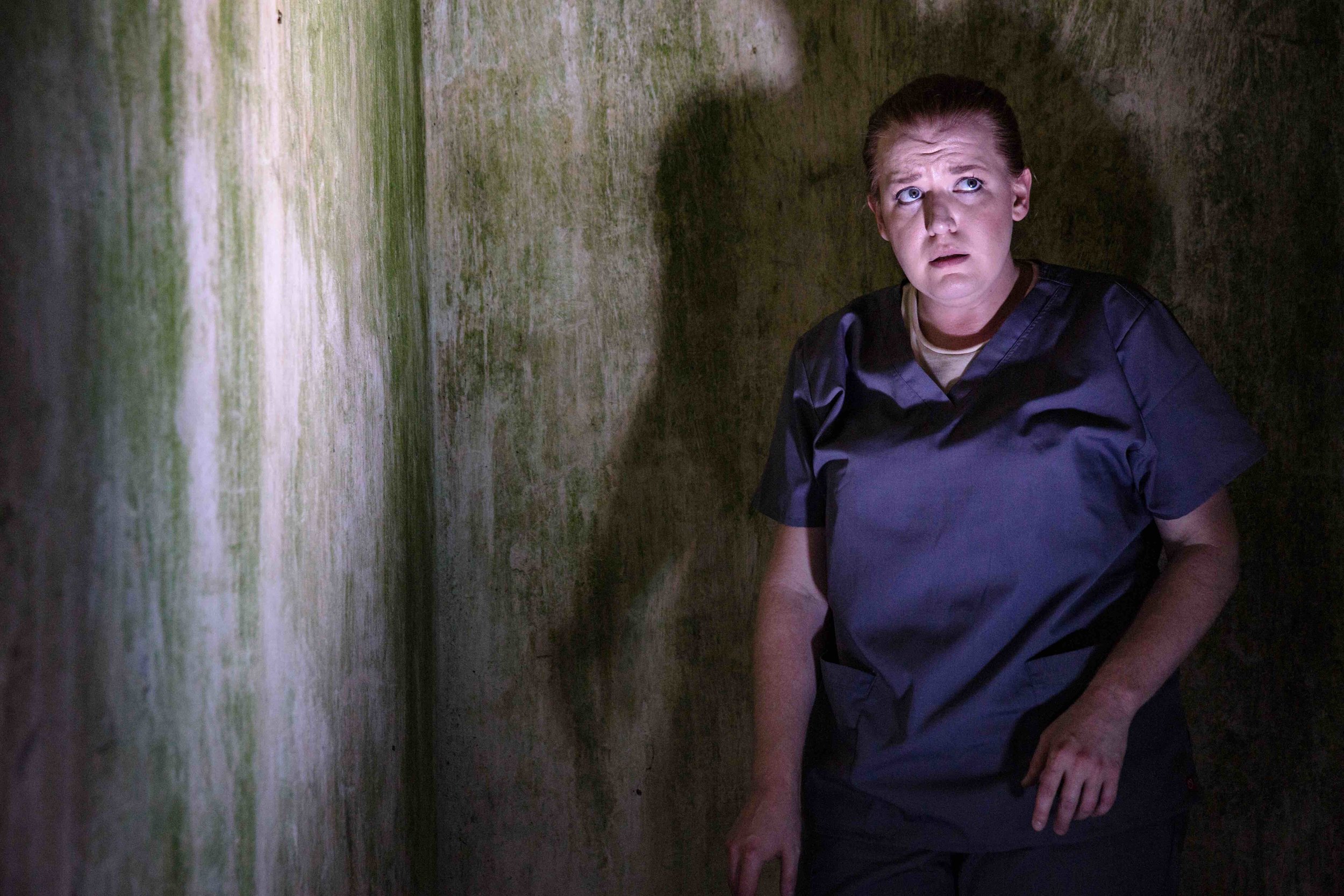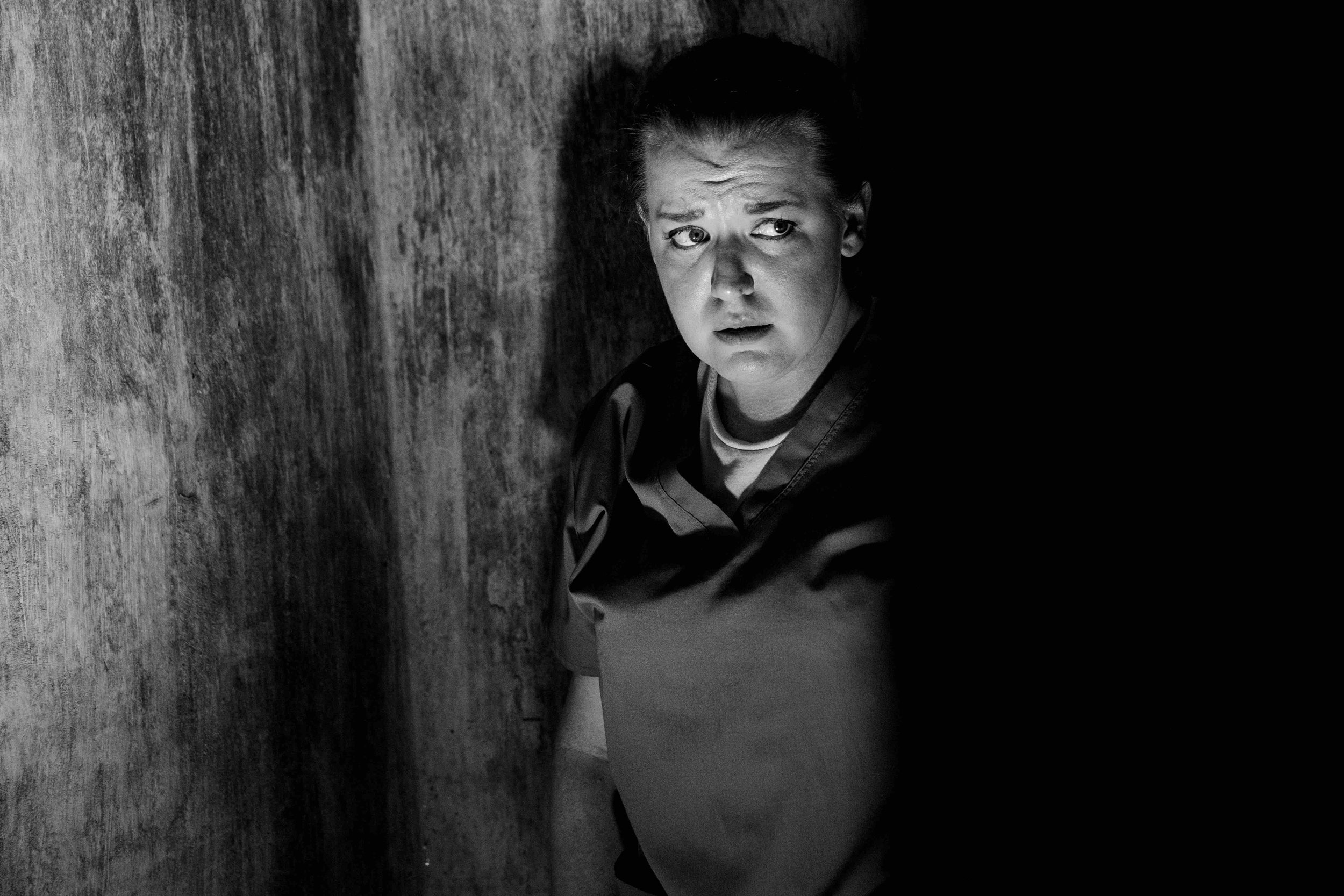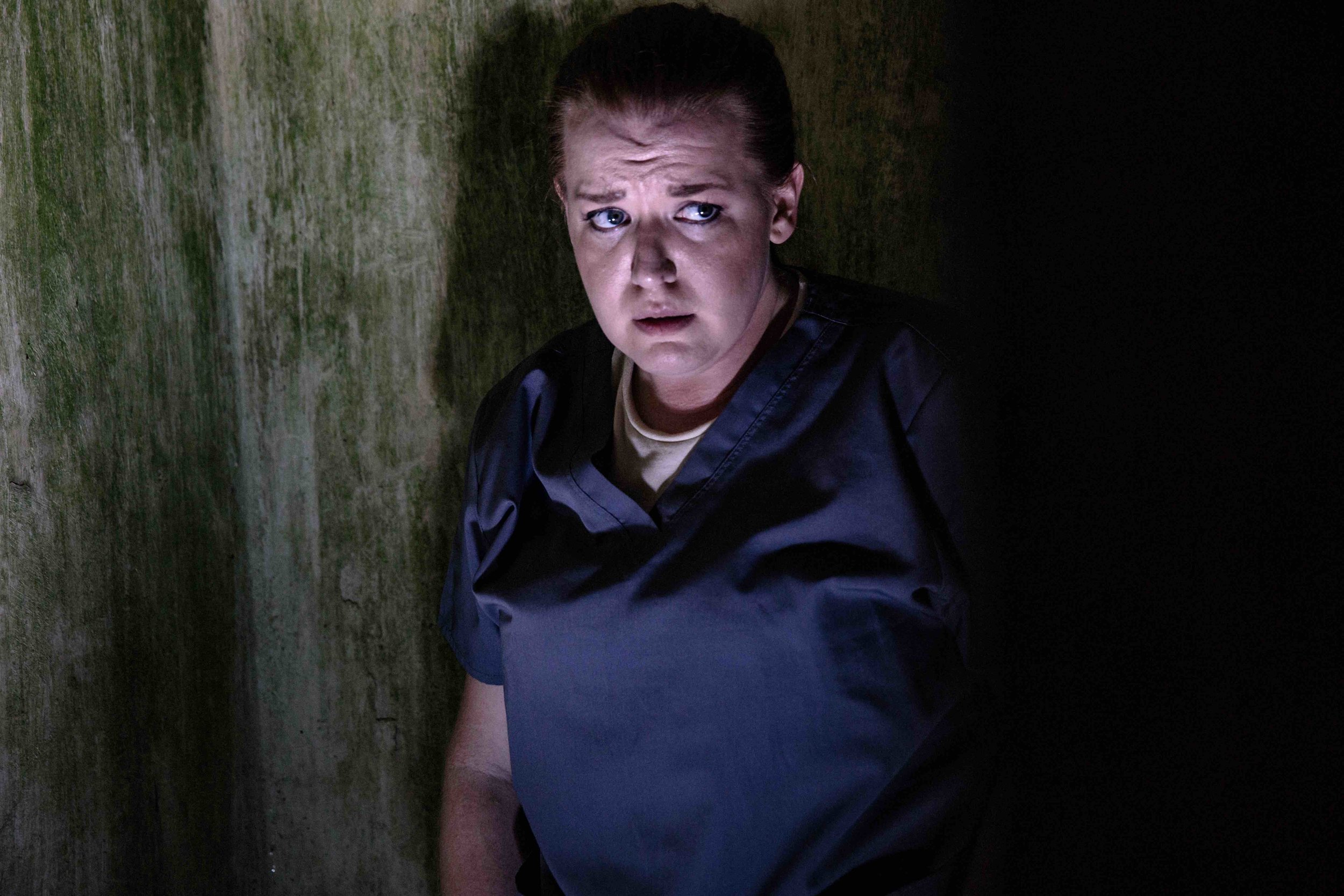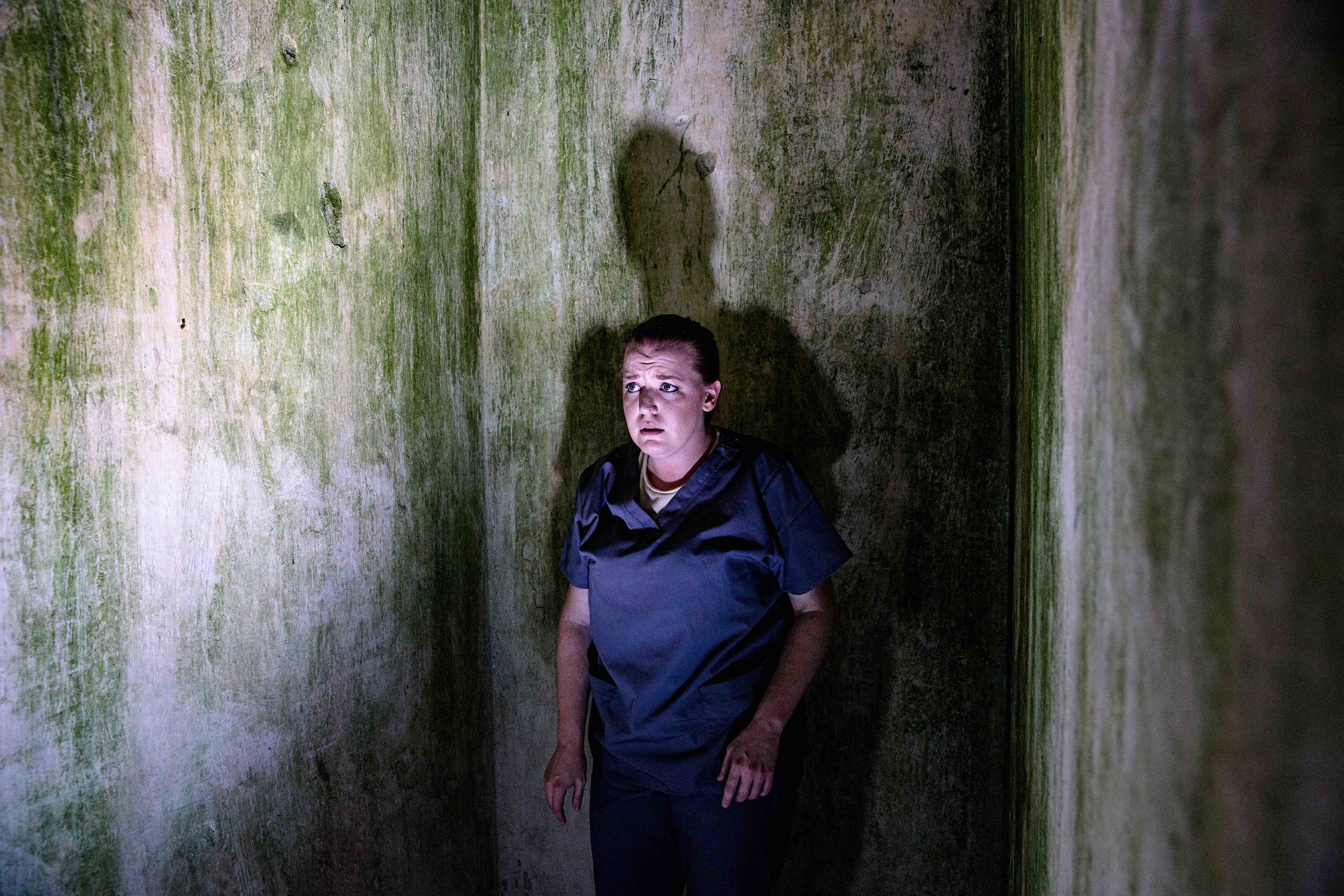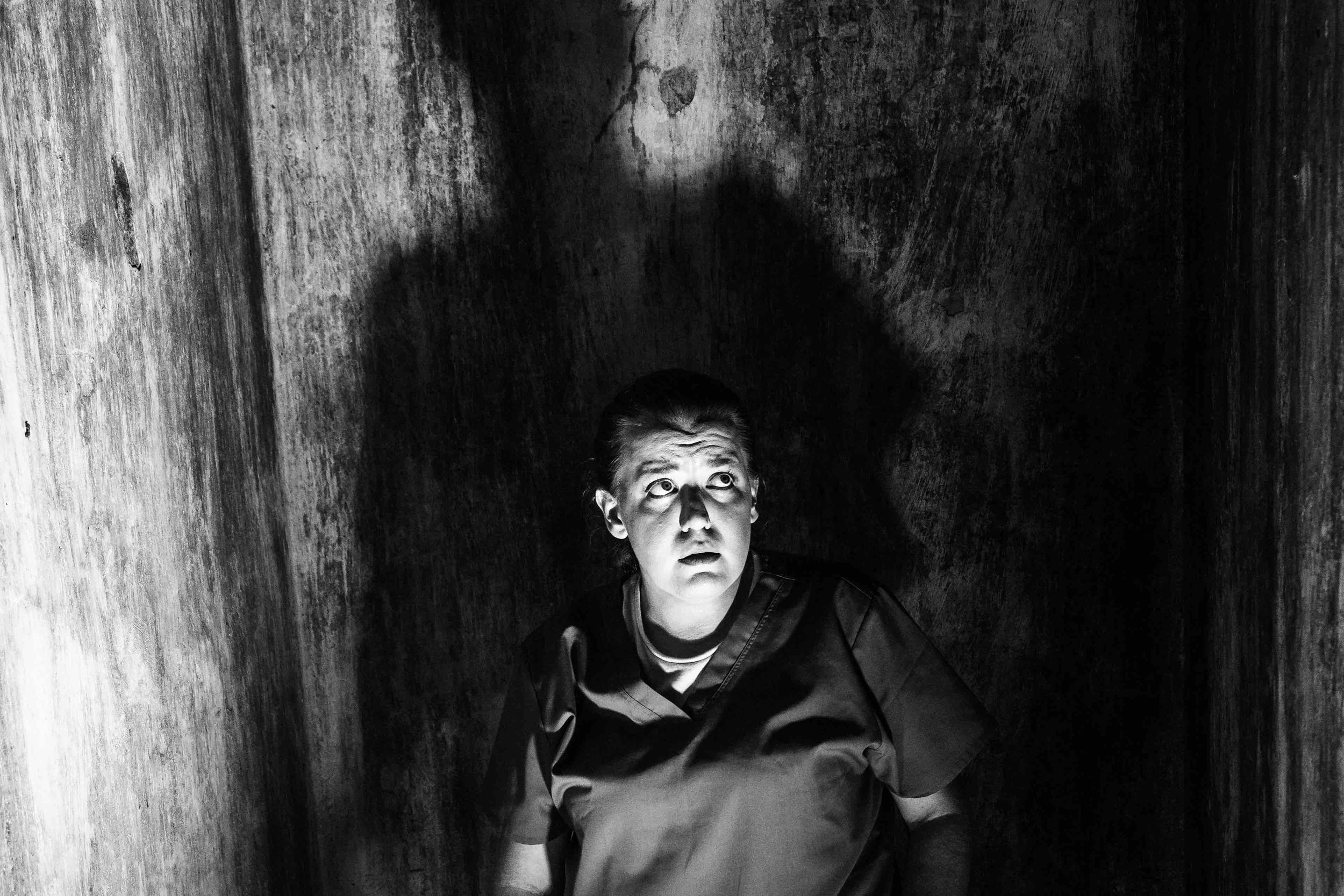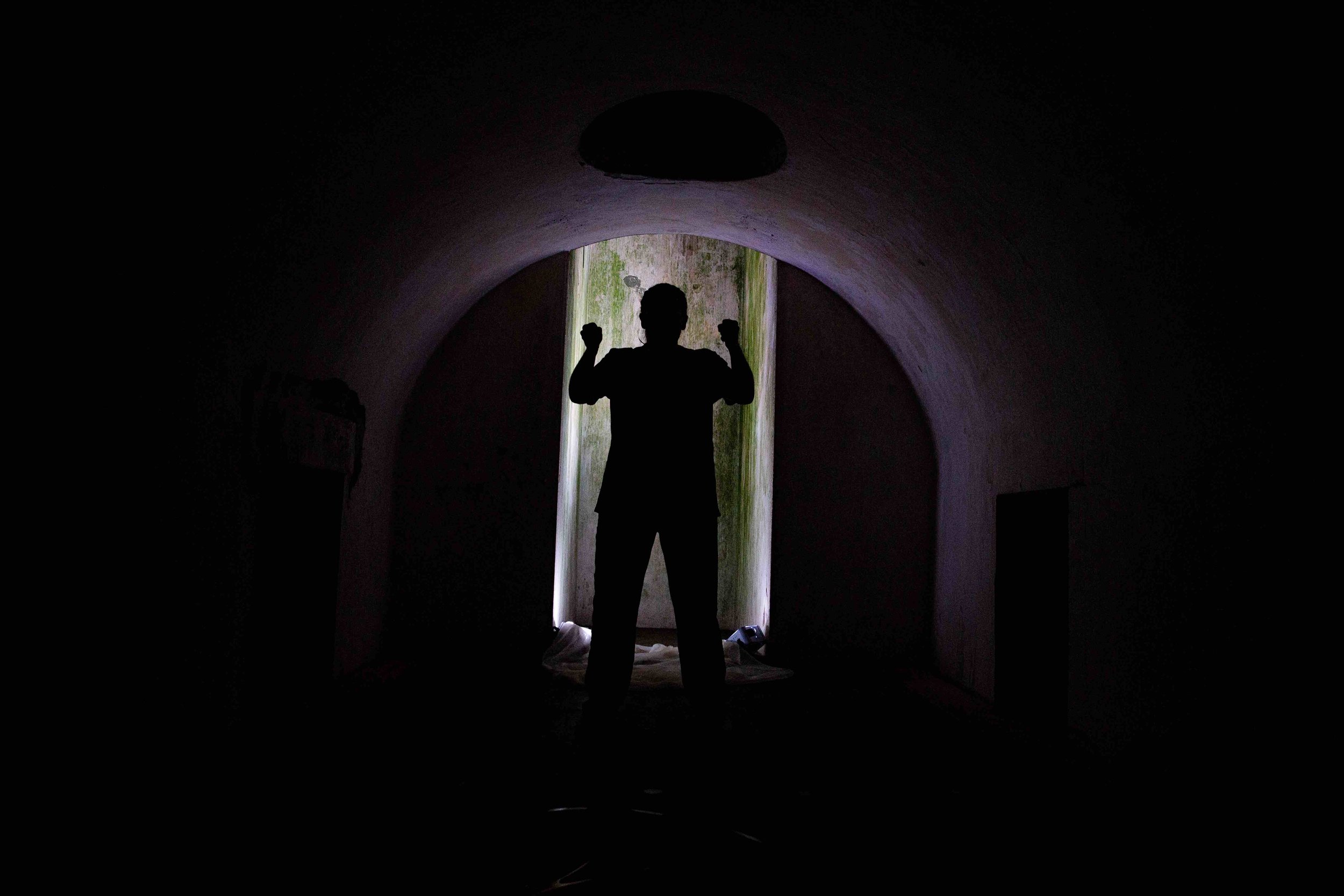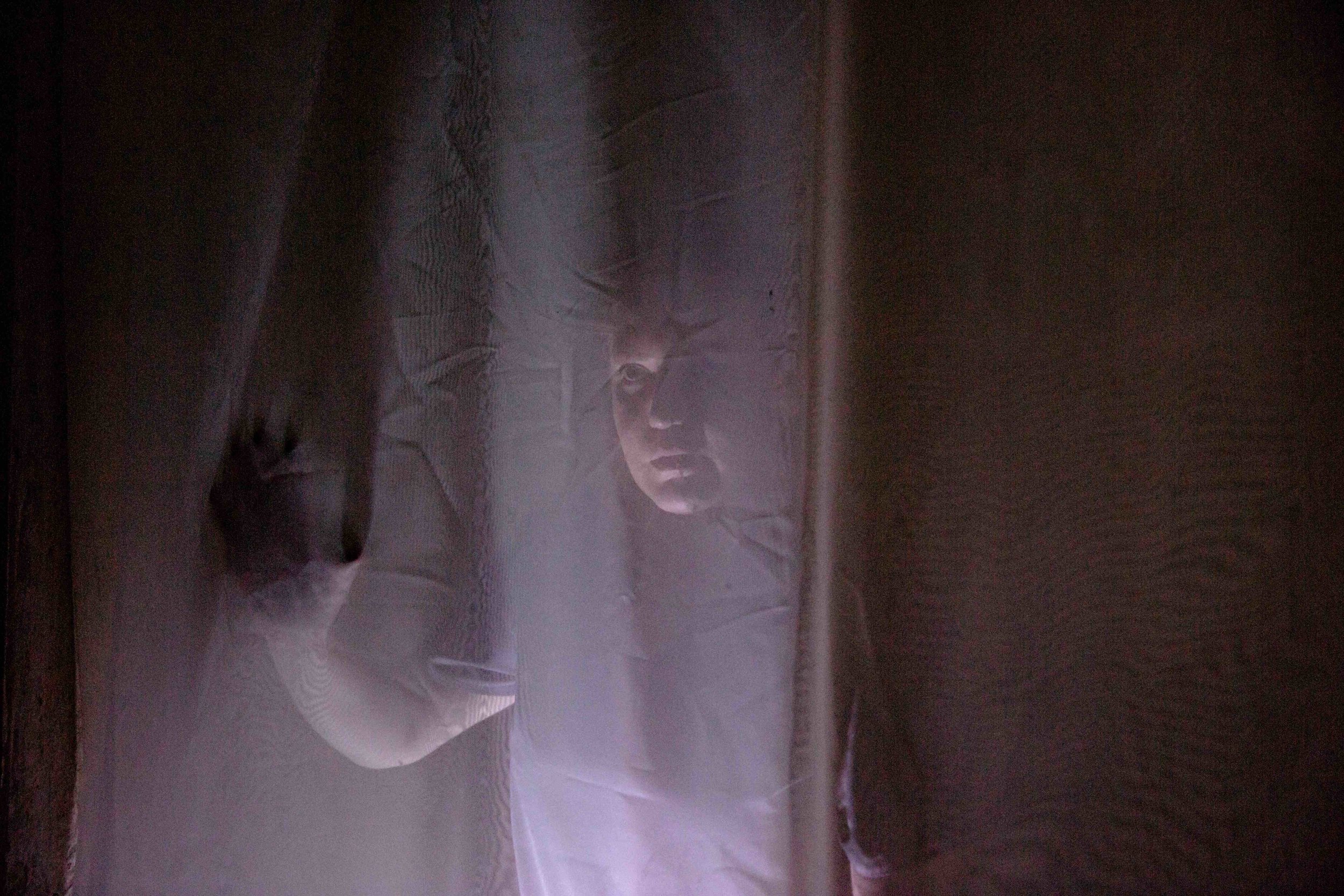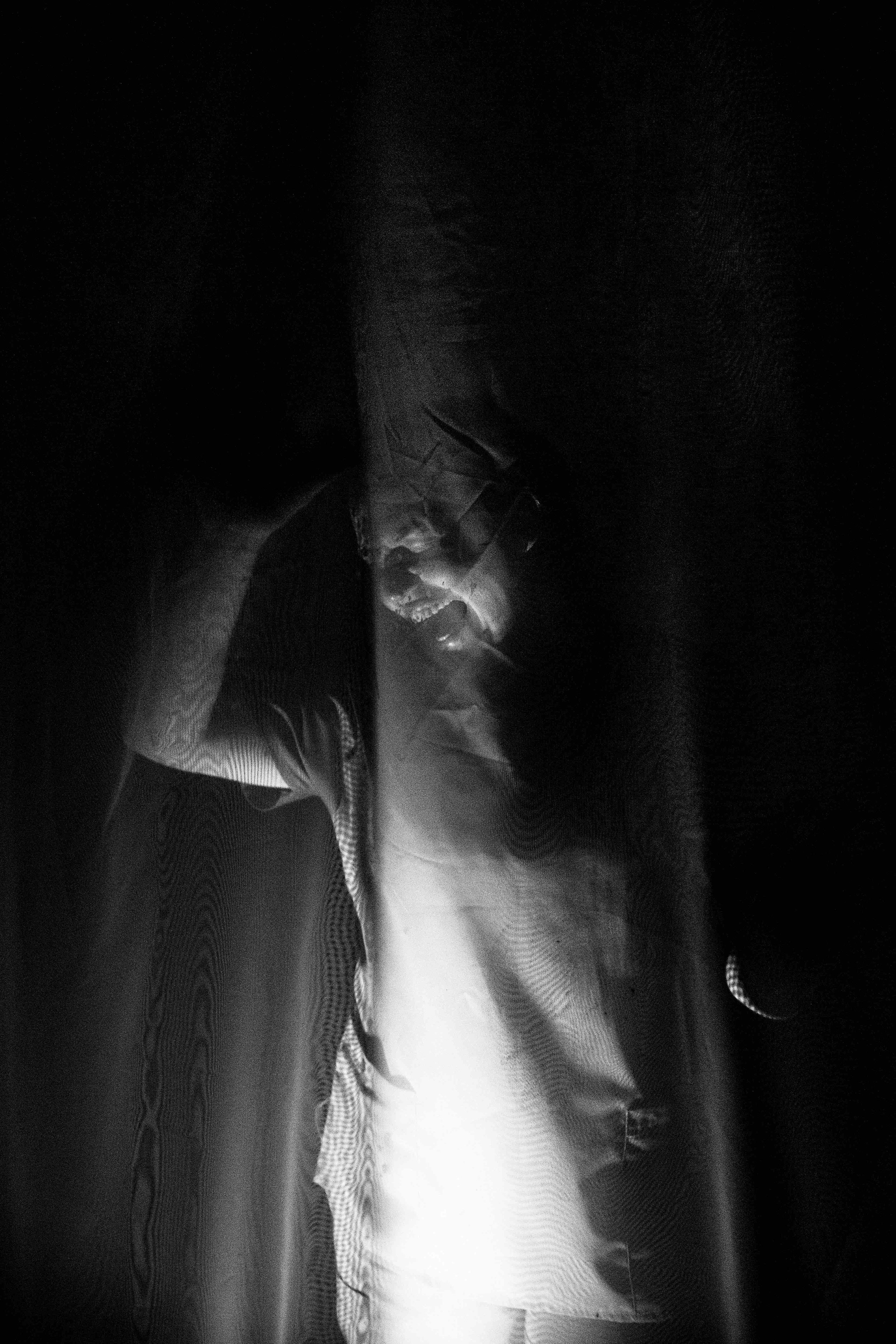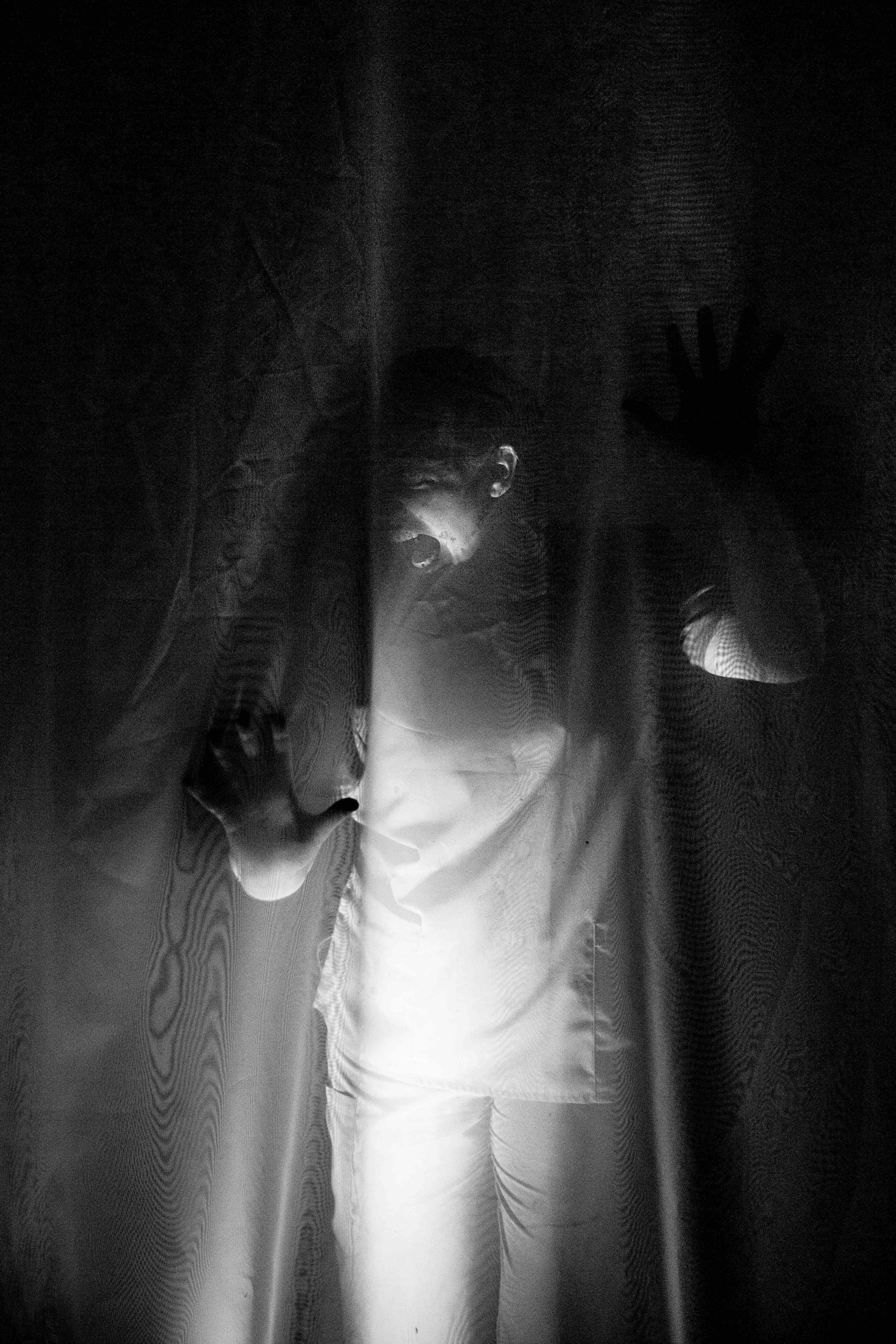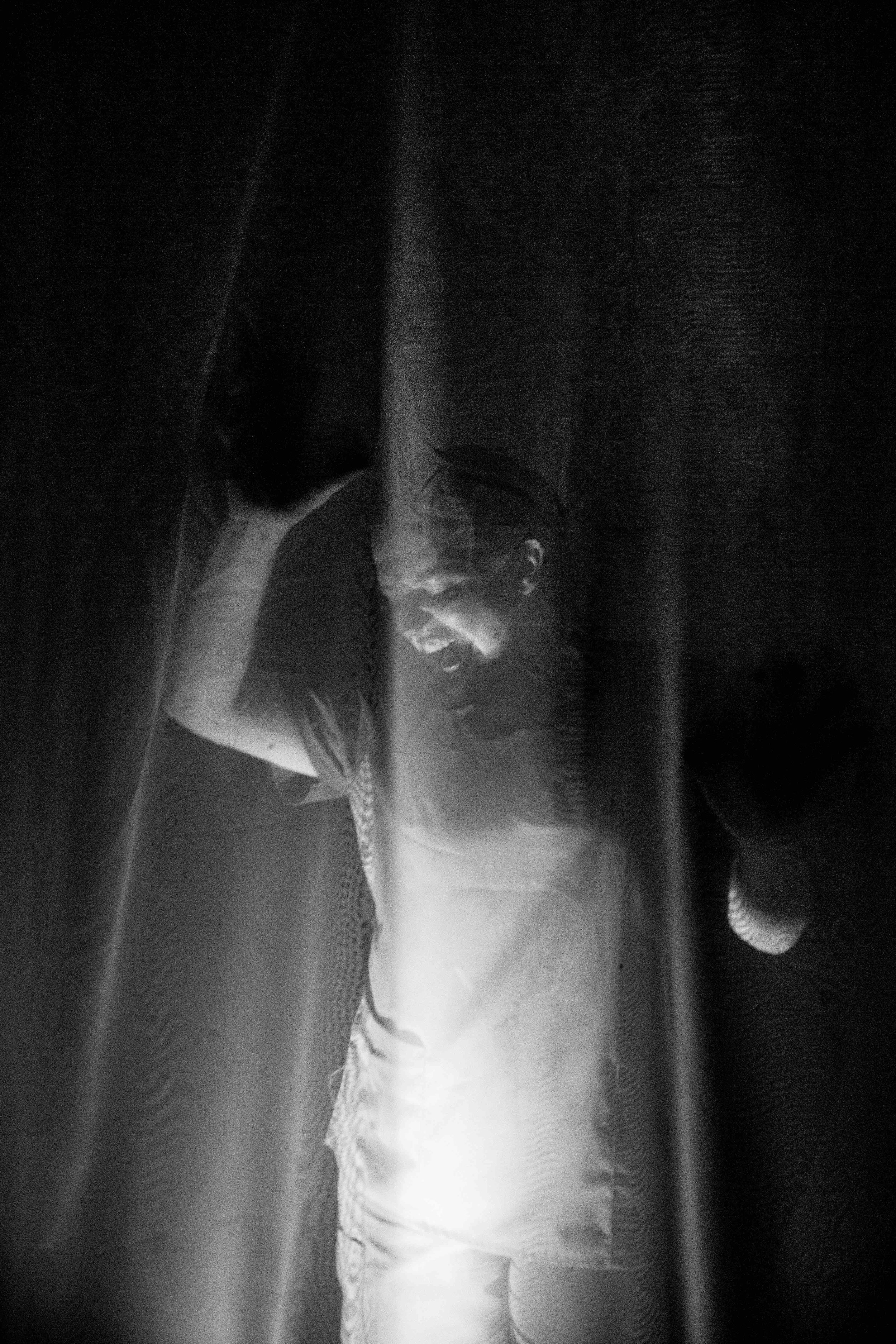arias from frankenstein
"You've Gone Away Again" — Elizabeth’s aria
Instrumentation: Mezzo-soprano and Piano
Libretto by: Gregg Kallor
Duration: ~3 minutes
Elizabeth writes a letter to Victor, who has mysteriously disappeared back into his laboratory following William’s death. She begins with gentle platitudes, but grows increasingly frustrated at not being able to fully express her despair to him. After voicing her true feelings in an impassioned outburst (“You’ve gone away again”), Elizabeth writes the forcibly calm letter that she will actually send to Victor.
"I Now See Myself Before Me" — The Creature’s aria
Instrumentation: Baritone and Piano
Libretto by: Gregg Kallor
Duration: ~4 minutes
Victor Frankenstein has nearly completed building a companion for the Creature. The Creature, on the cusp of his dream coming true, sings to his unconscious beloved (“I now see myself before me”).
"The World Was a Secret" — Victor’s aria
Instrumentation: Tenor and Piano
Libretto by: Gregg Kallor
Duration: ~3 minutes
Victor has nearly completed building a companion for the Creature, and he contemplates the consequences of his task (“The world was a secret”). Victor is torn between his obligation to provide some measure of happiness for the Creature and his fear of the increased destruction that the pair of creatures might jointly inflict on humanity.
Premiere: October 13-15 (Phoenix) and 21-22 (Tucson), 2023 at Arizona Opera.
Edward Parks, The Creature (baritone); Terrence Chin-Loy, Victor Frankenstein (tenor); Katie Beck, Elizabeth Lavenza (mezzo-soprano)
Jennifer Johnson Cano, mezzo-soprano; Edward Parks, baritone; Jason Wirth, piano; Nicole Paiement, conductor
recorded at the workshop at Opera America in New York City in 2021























